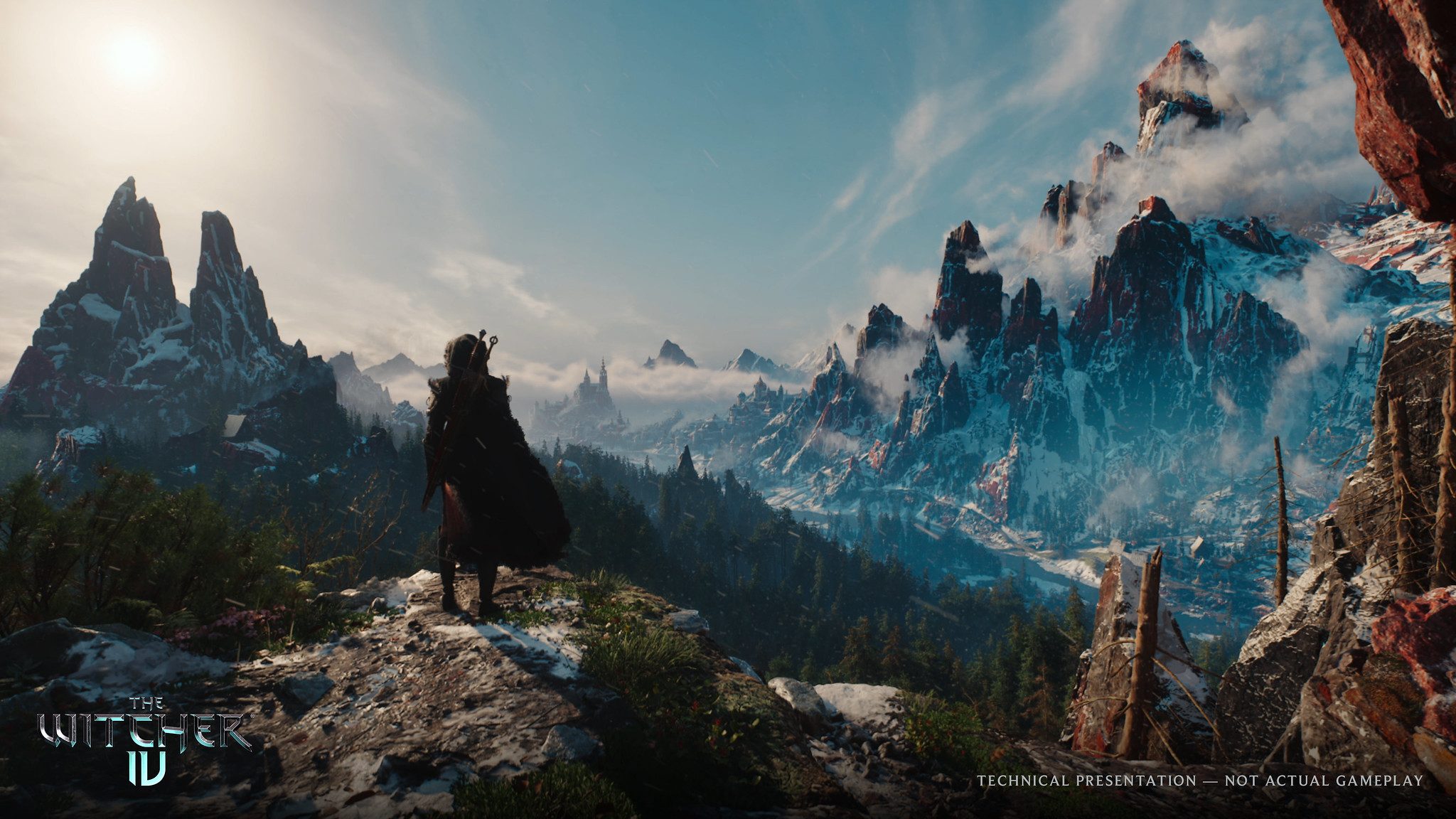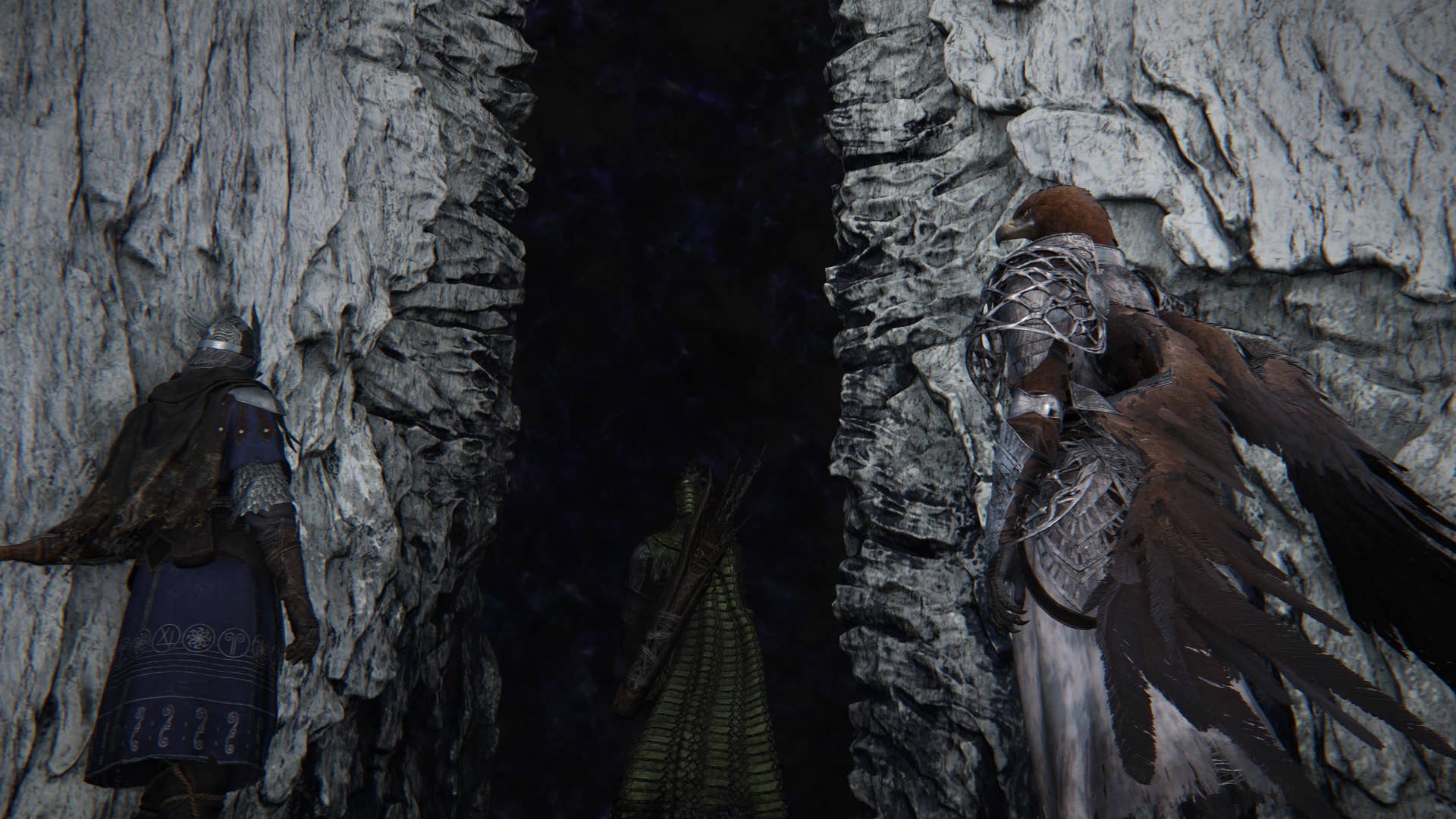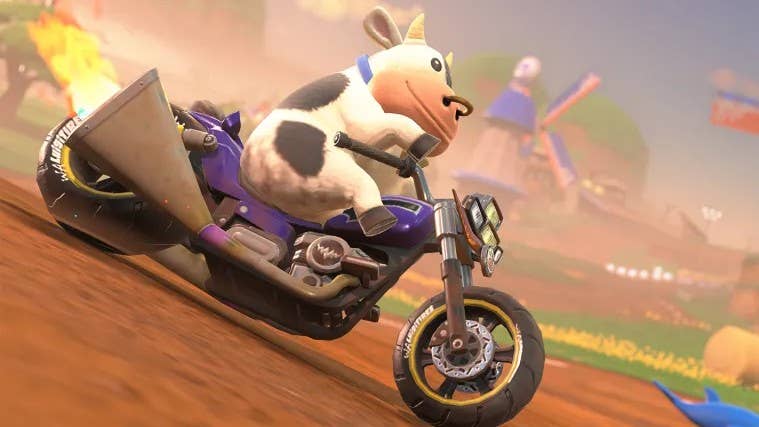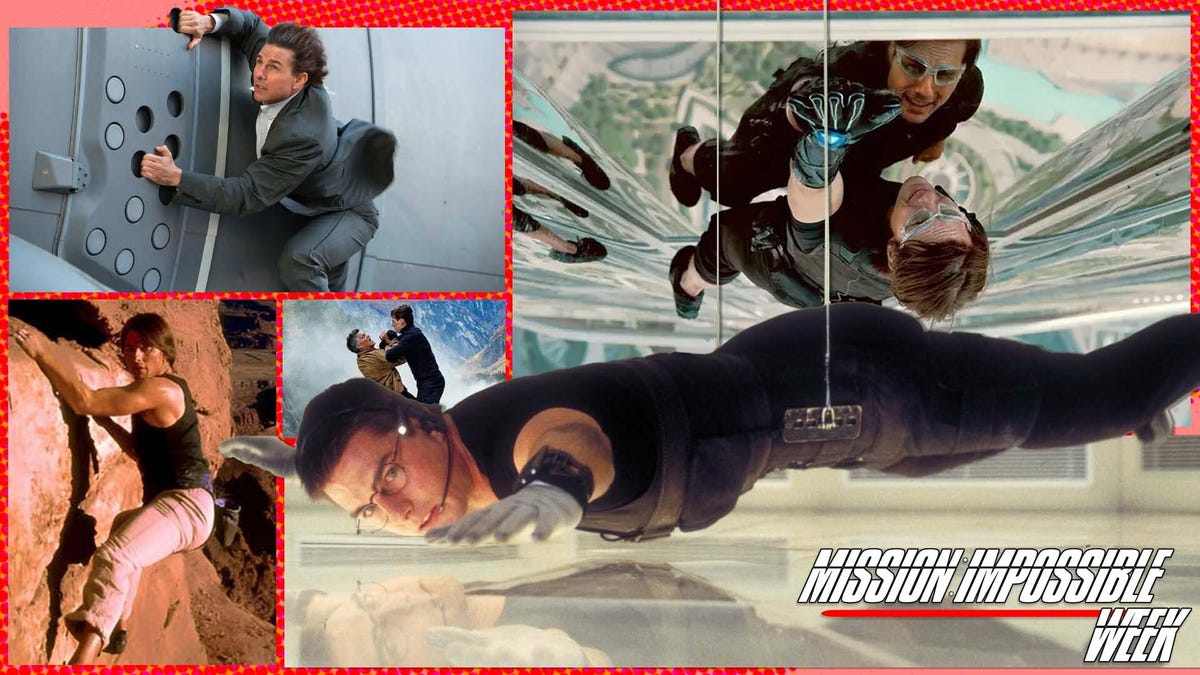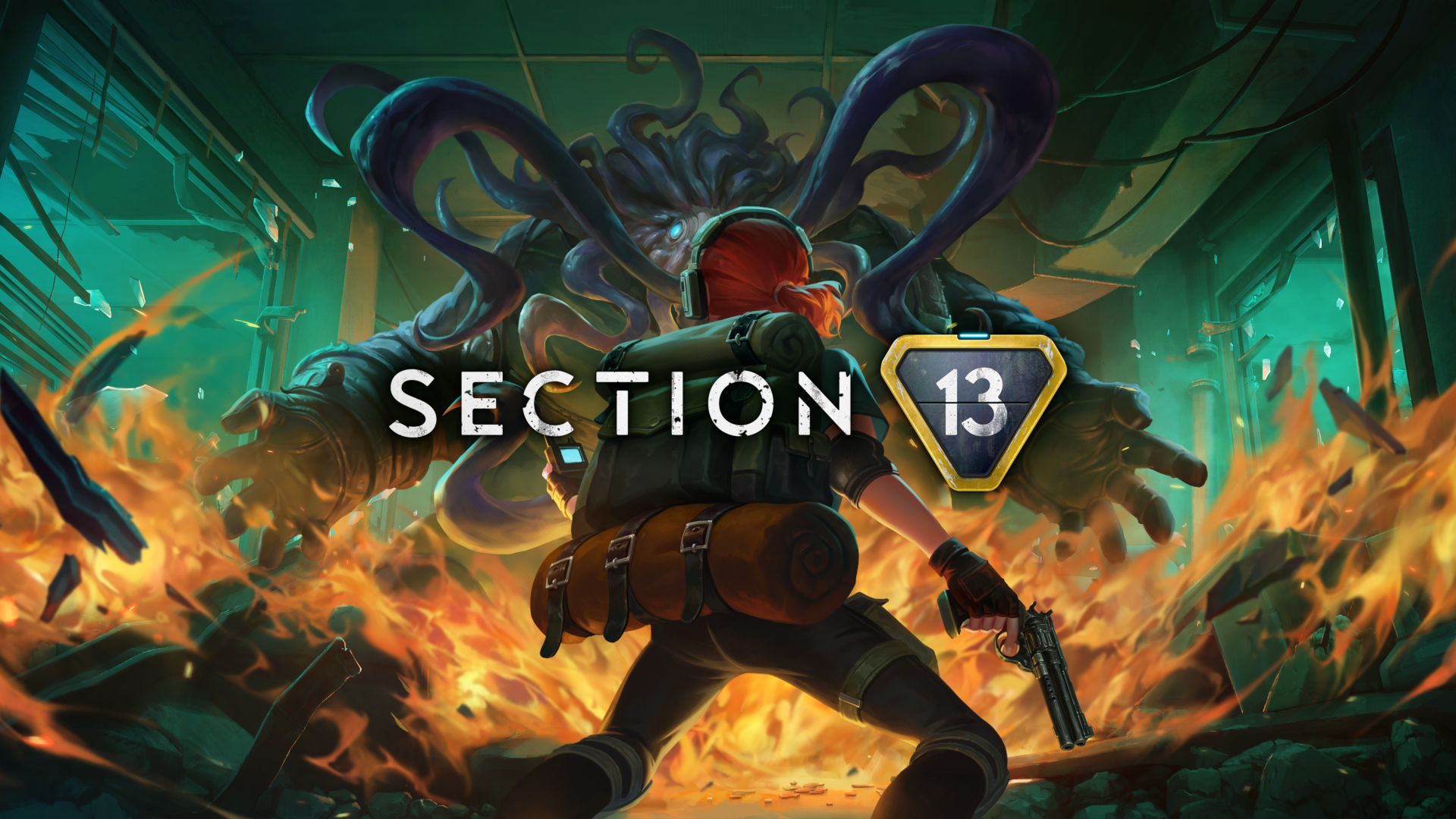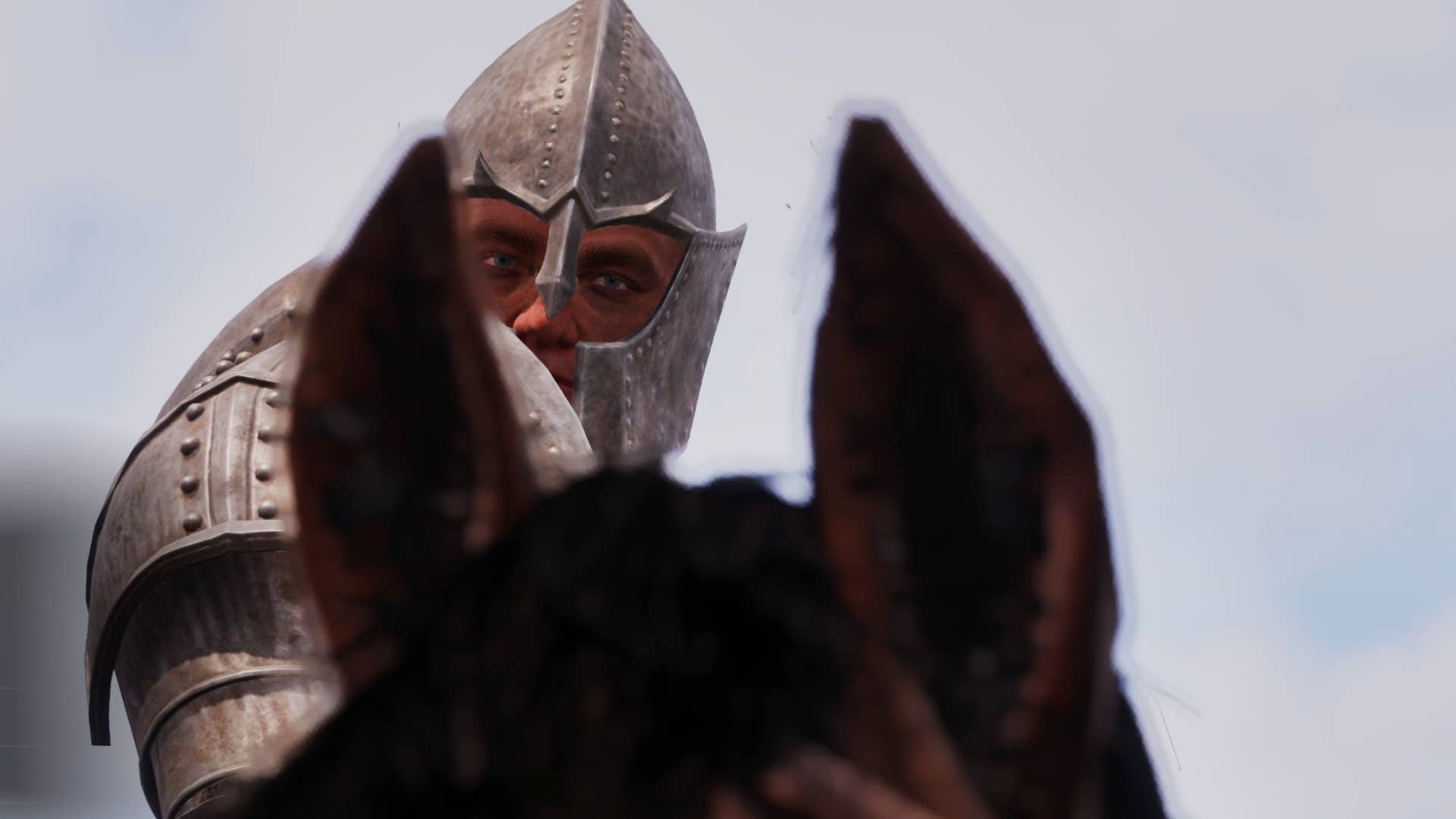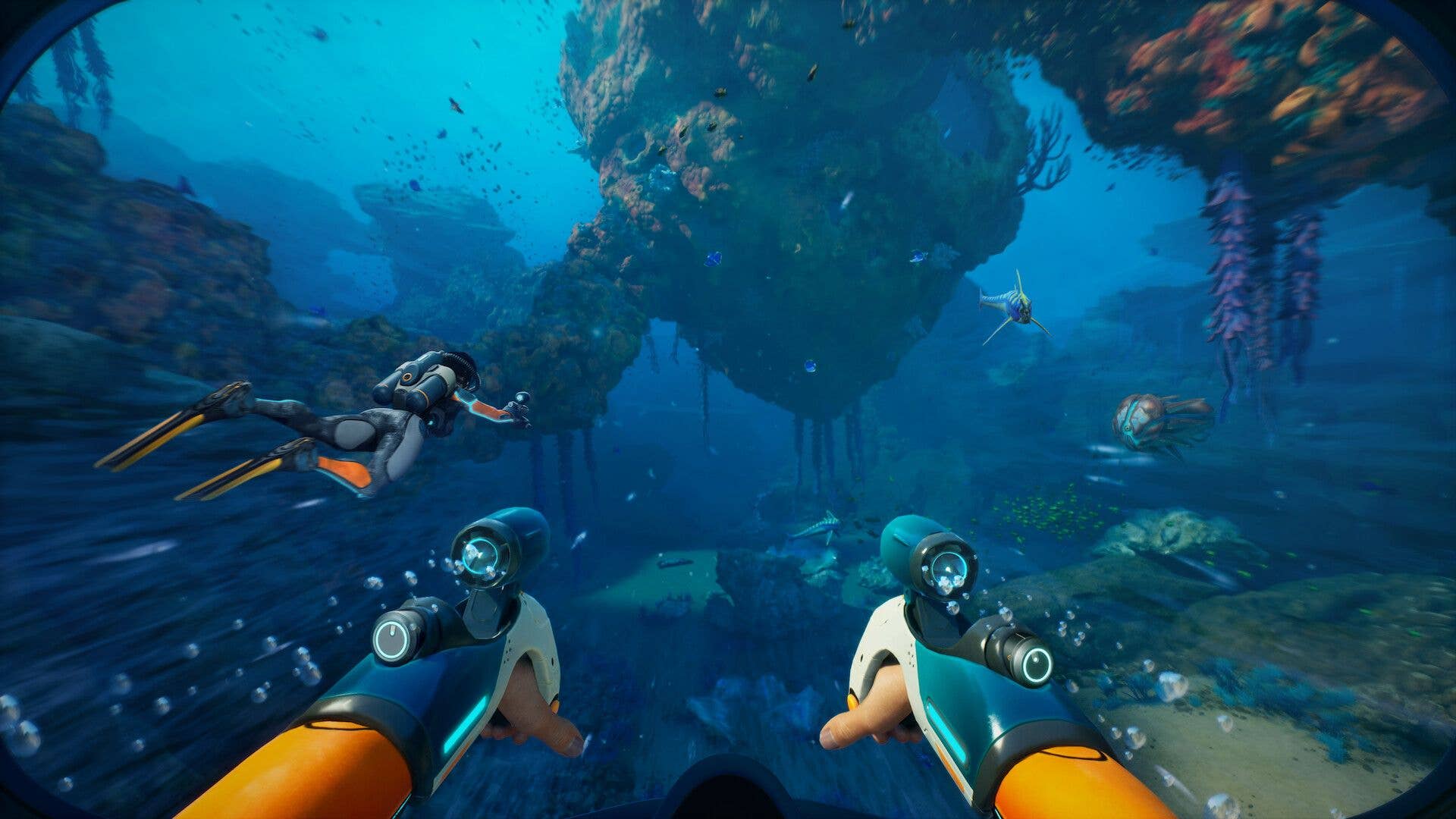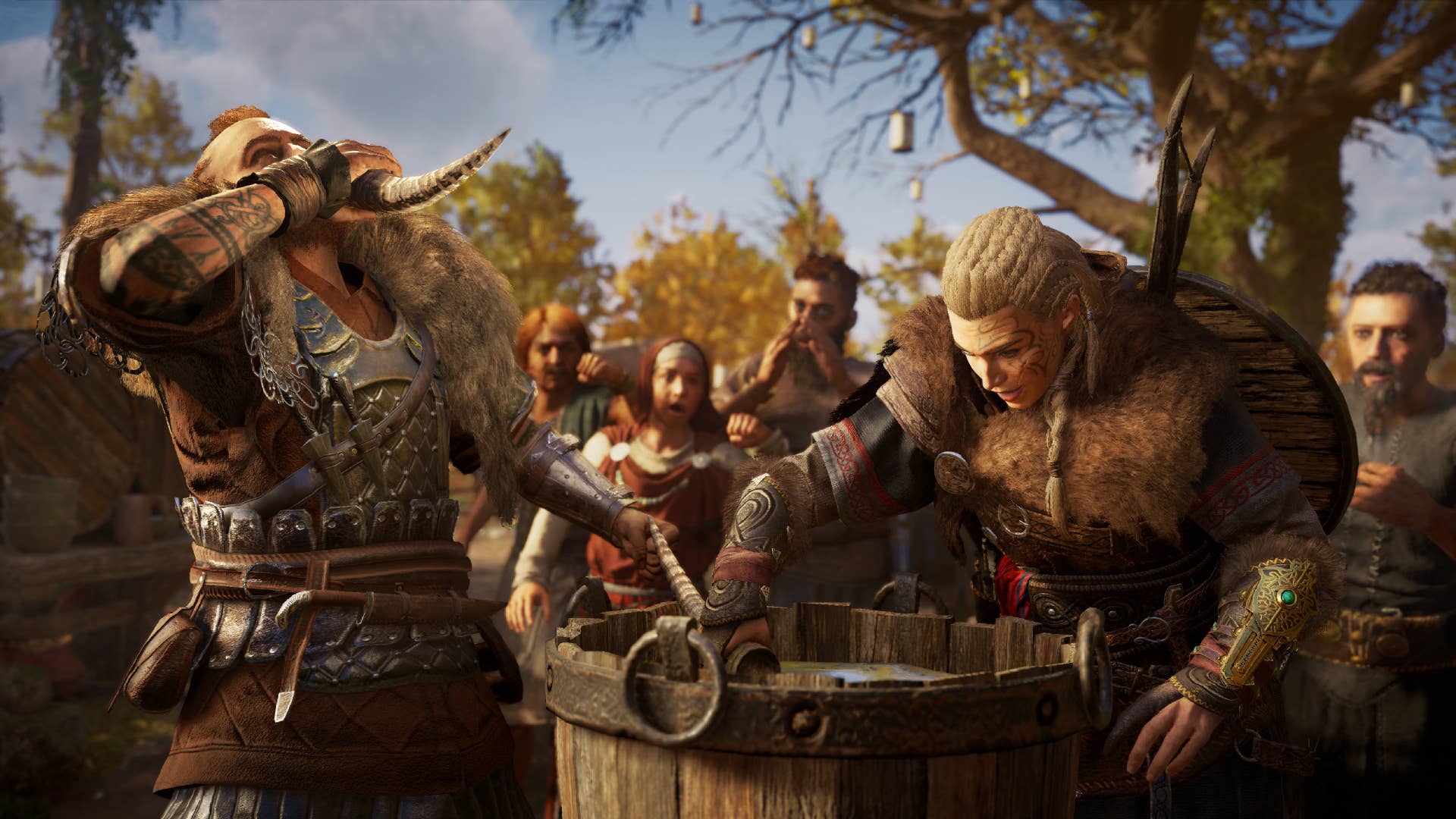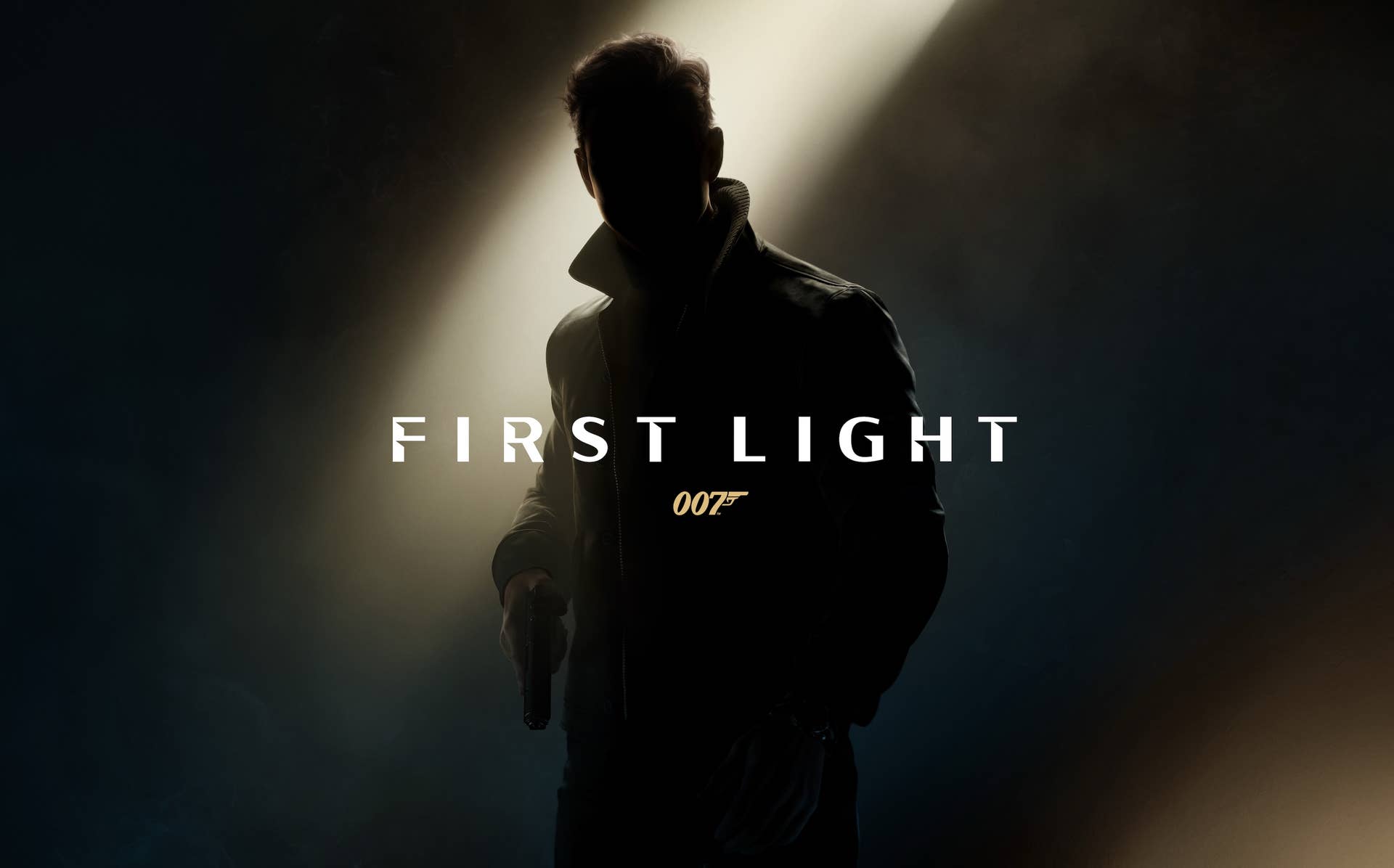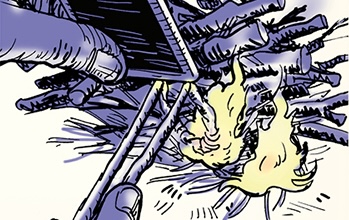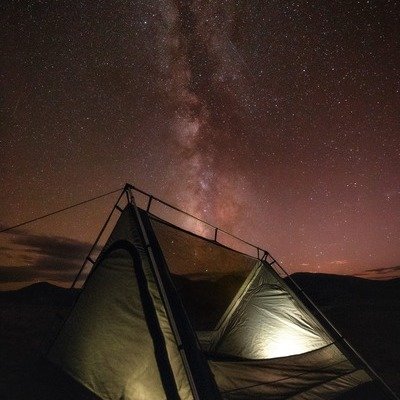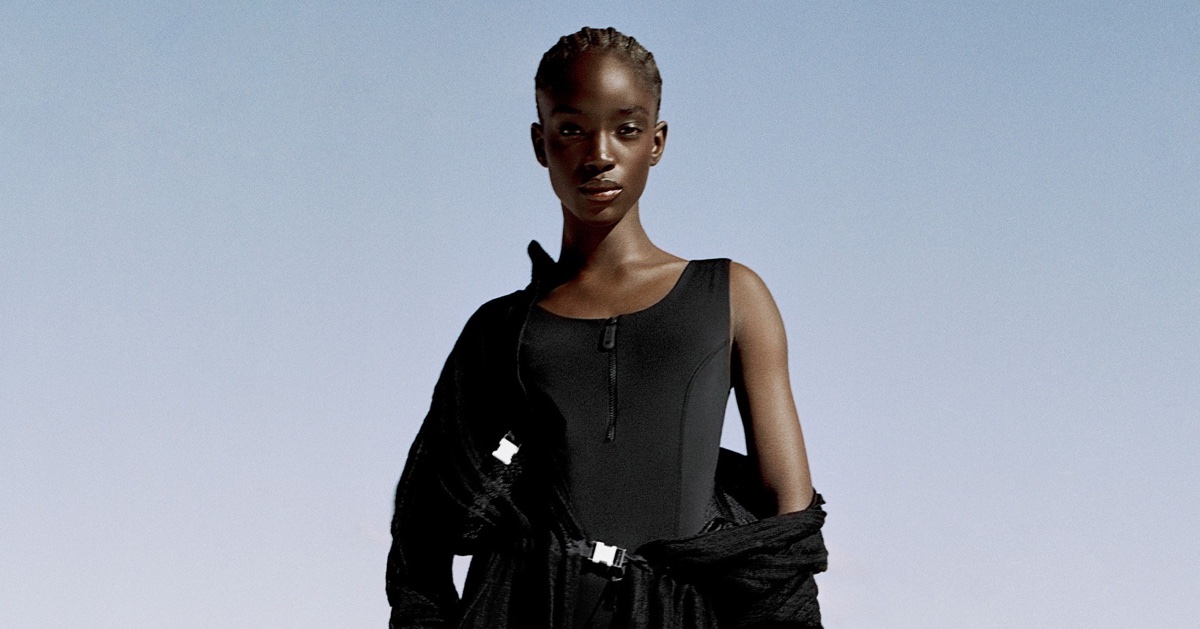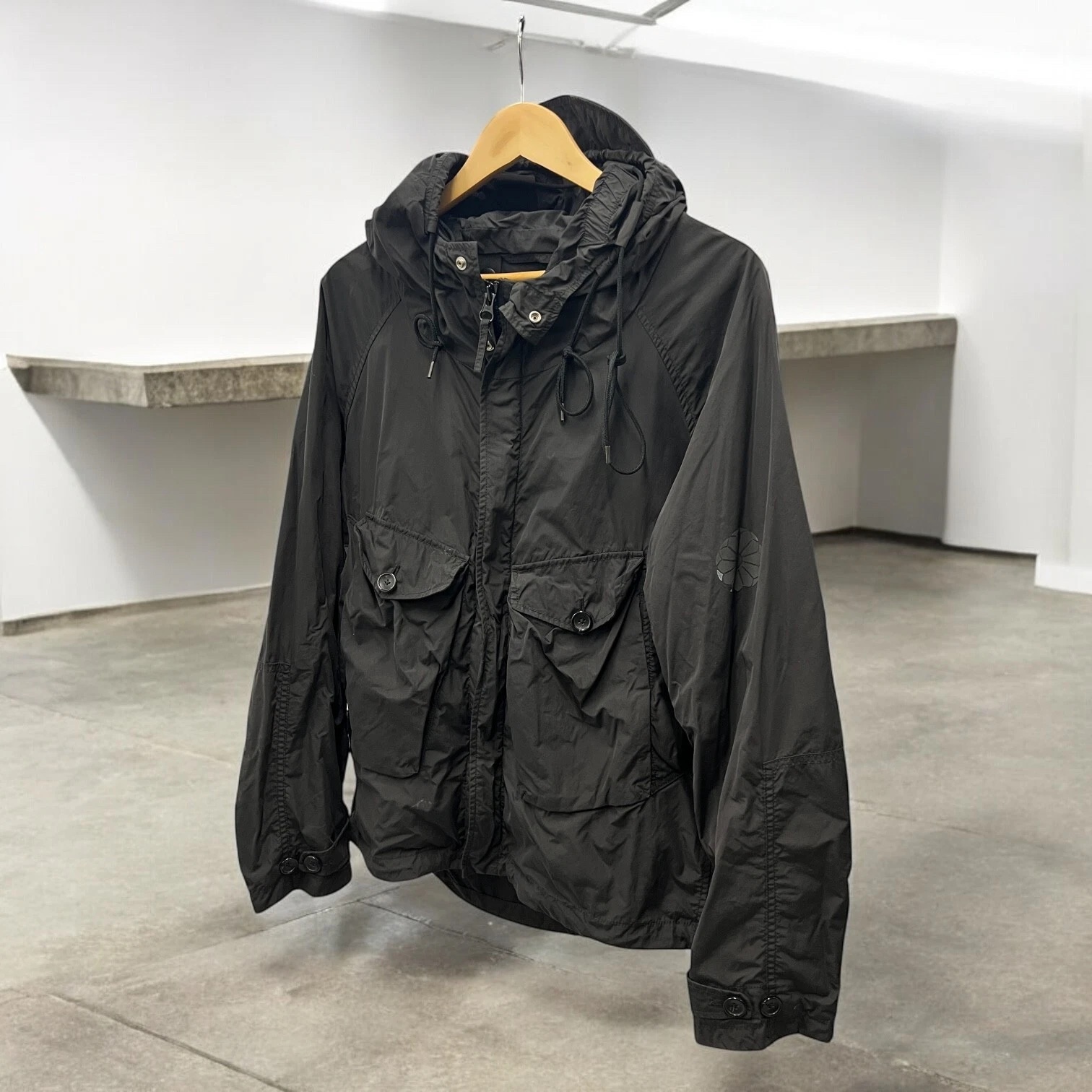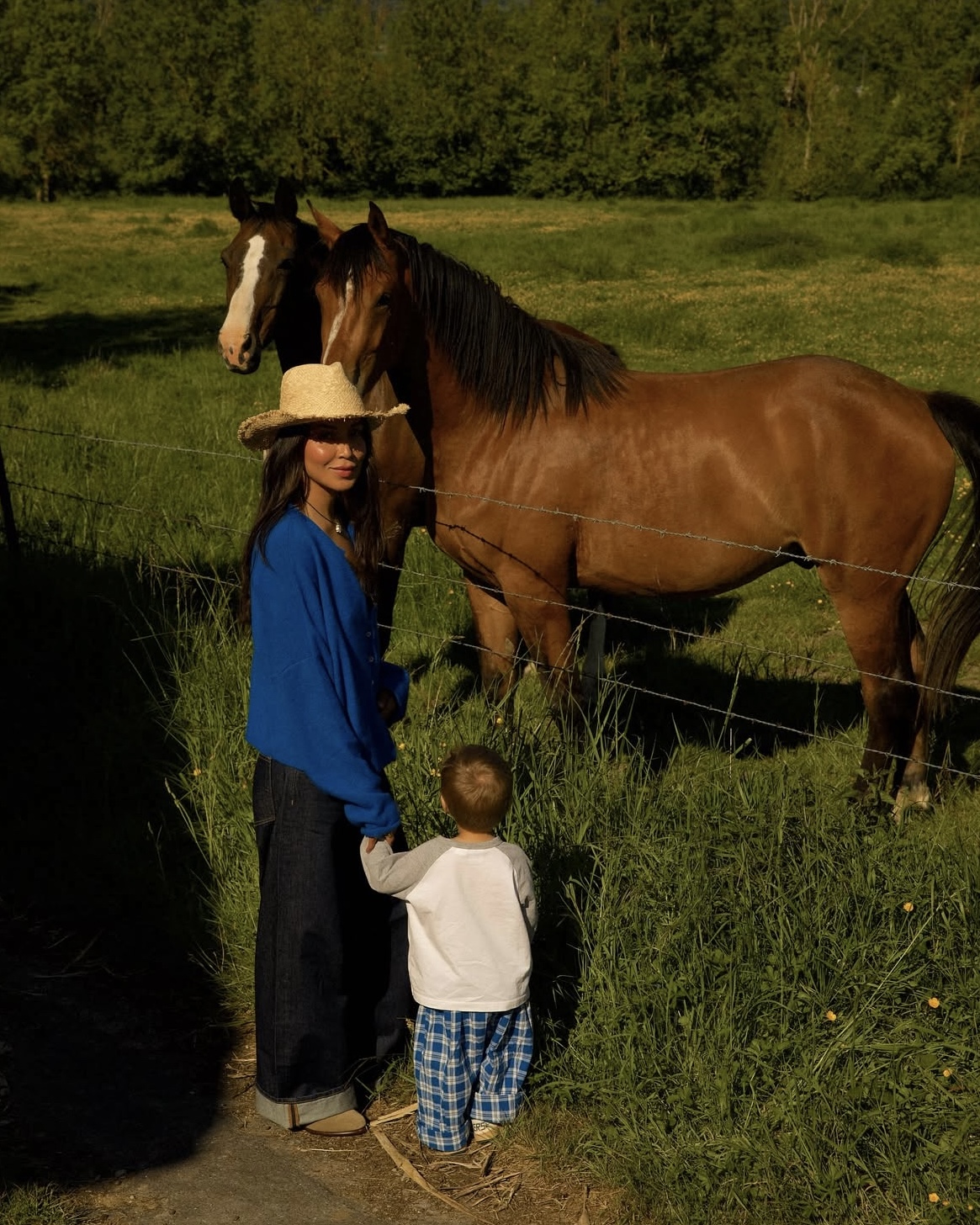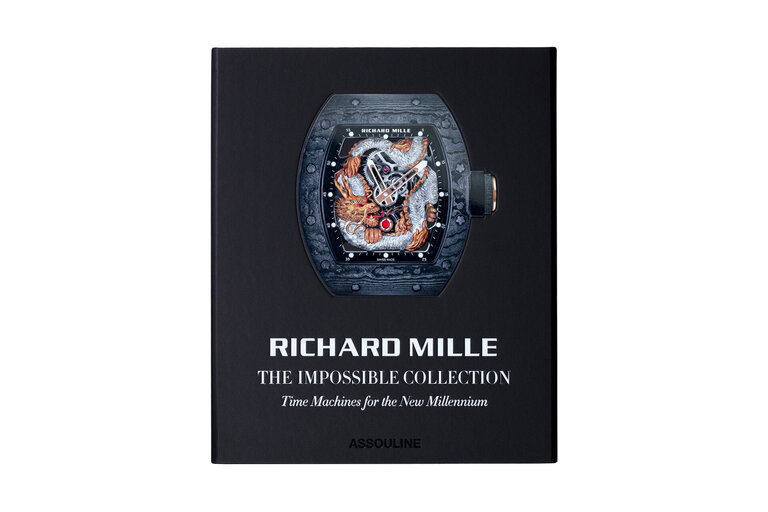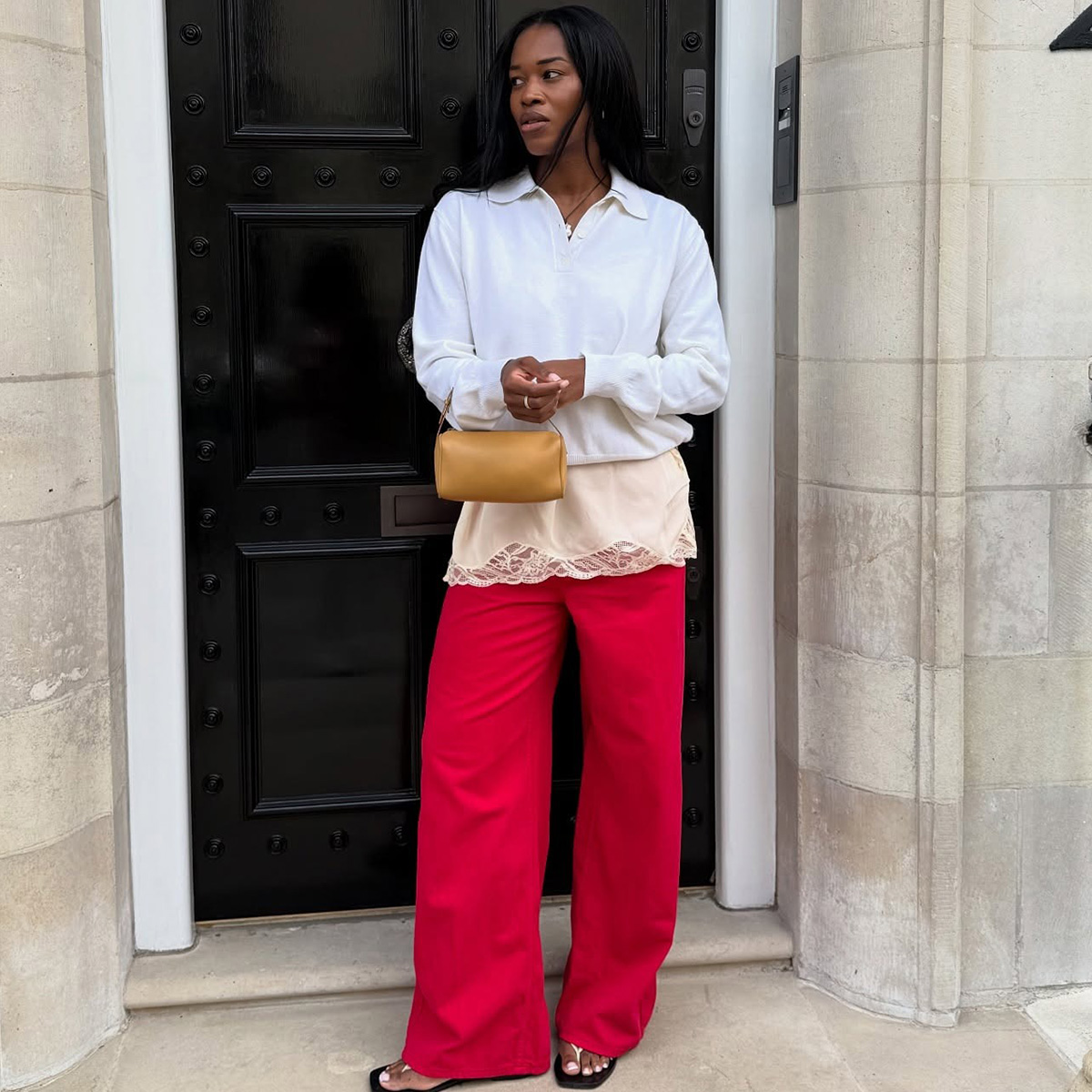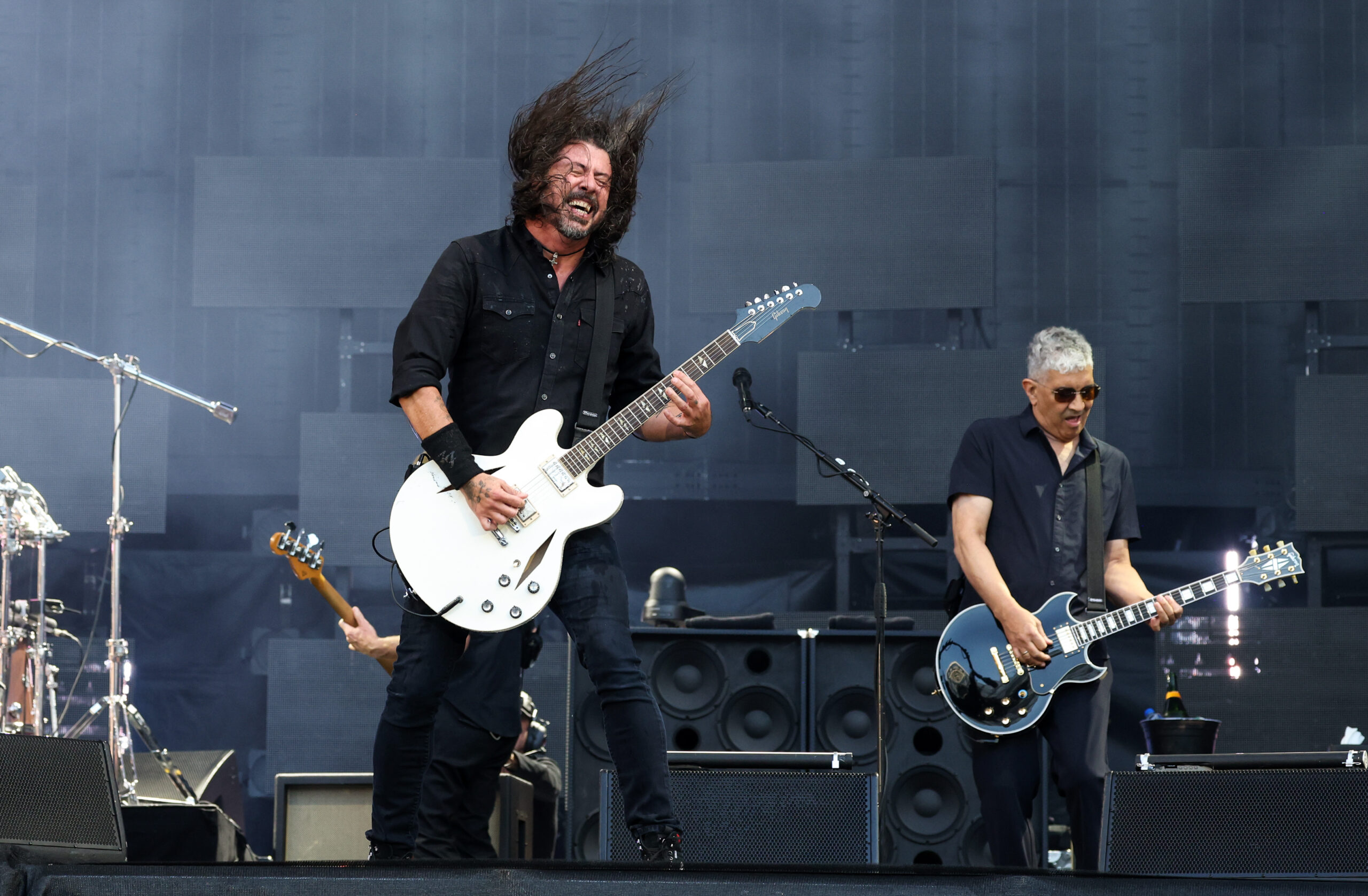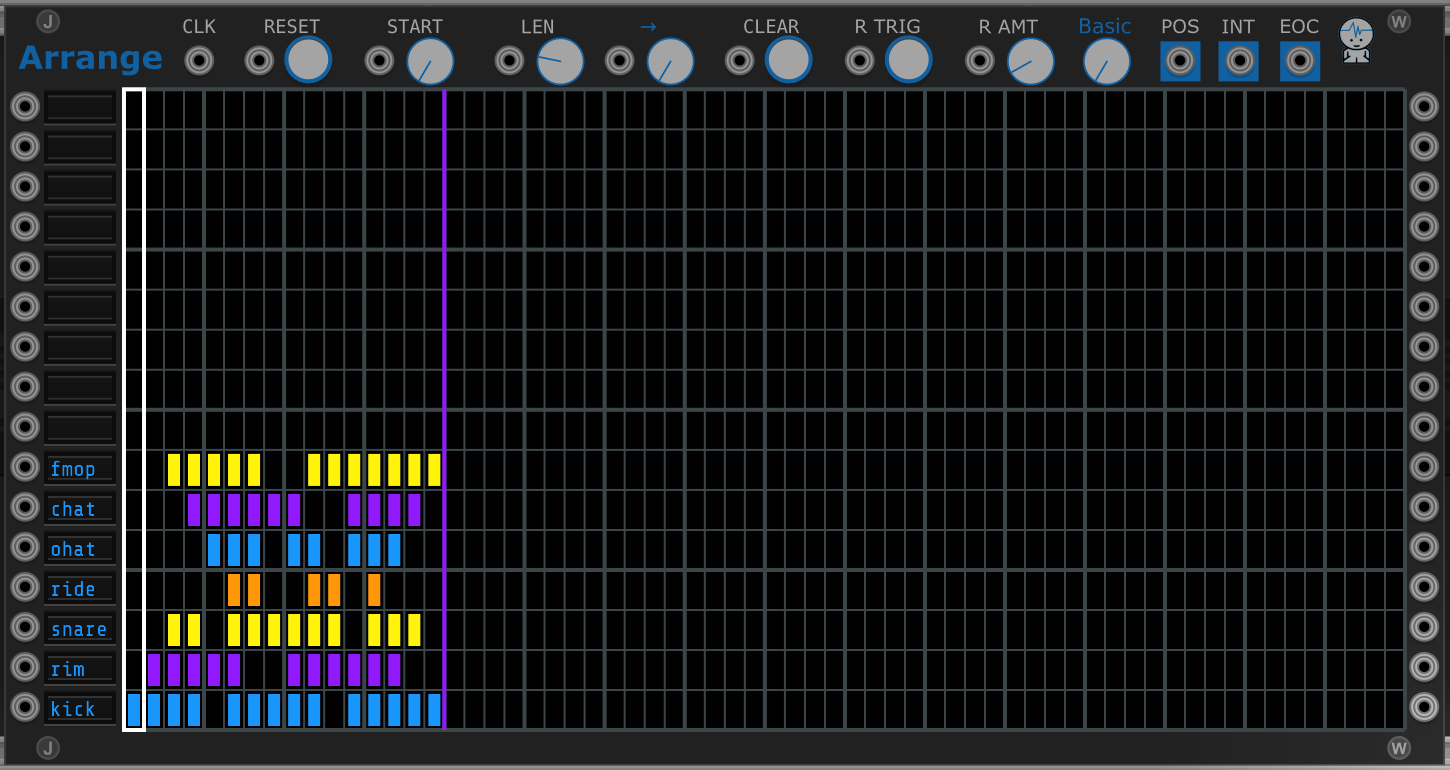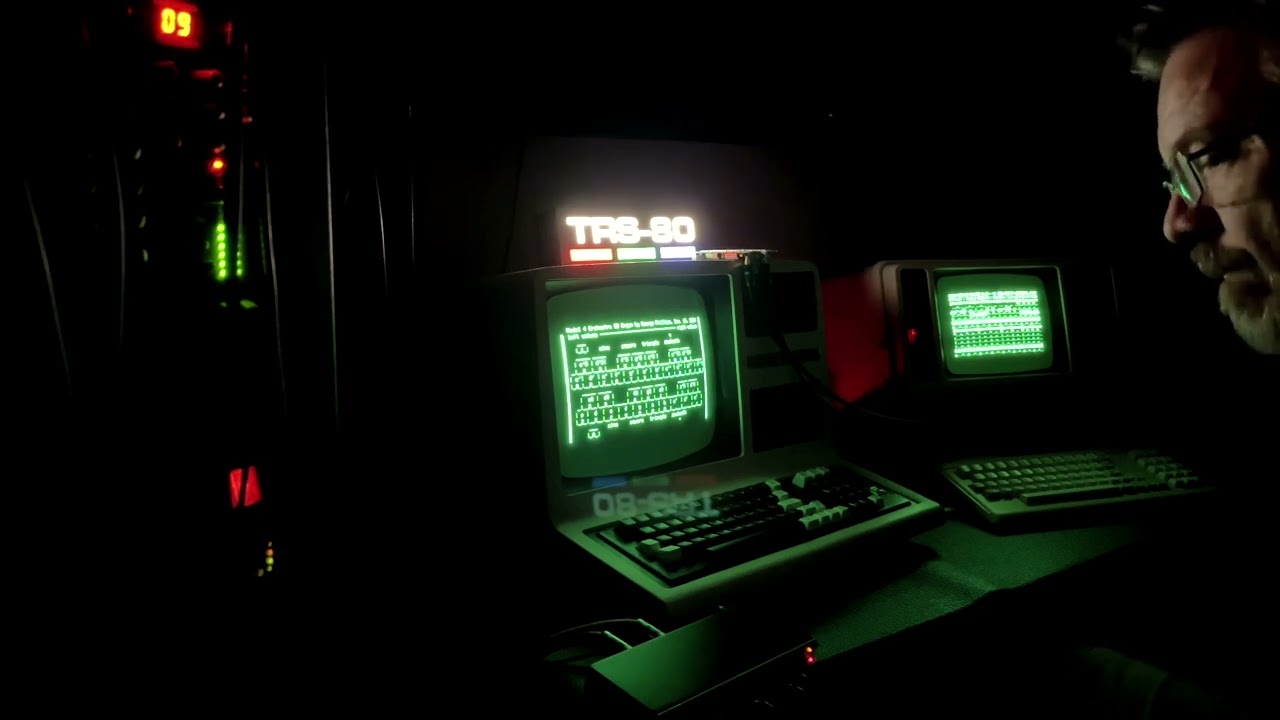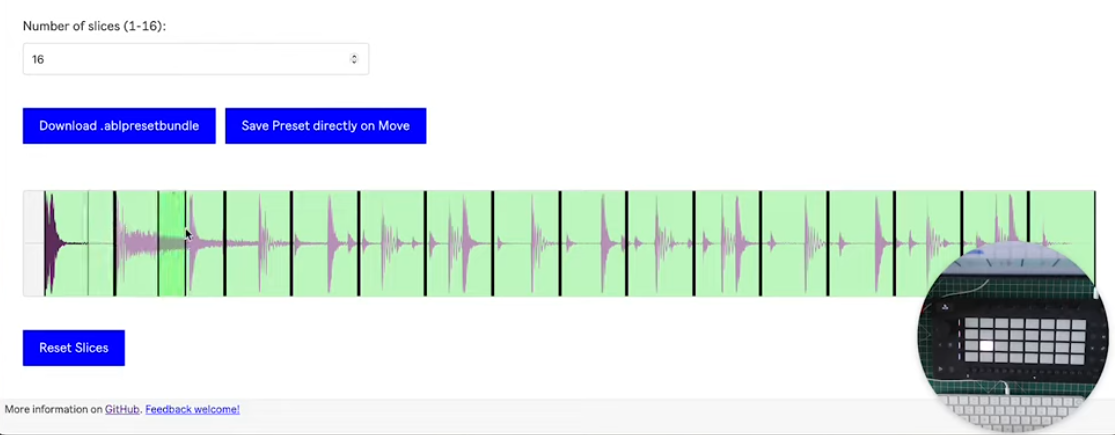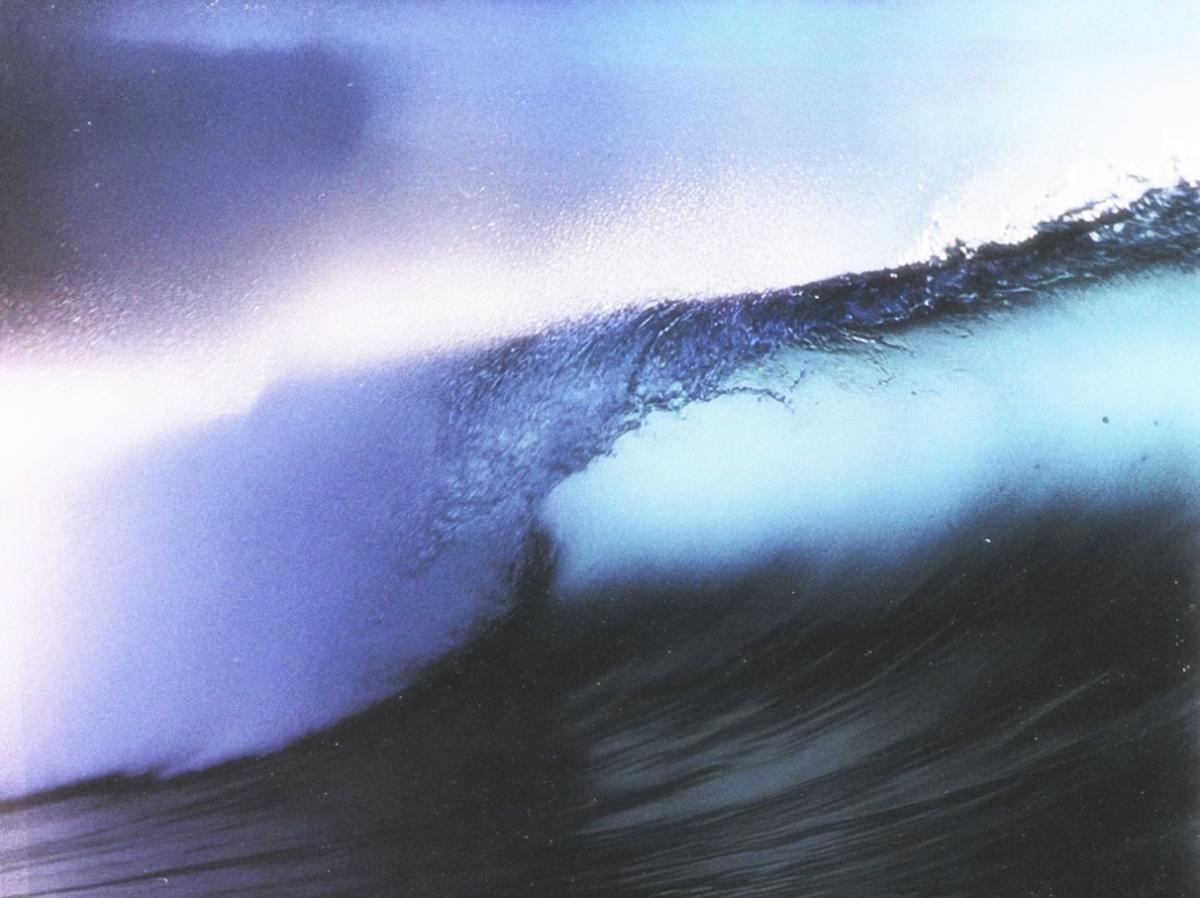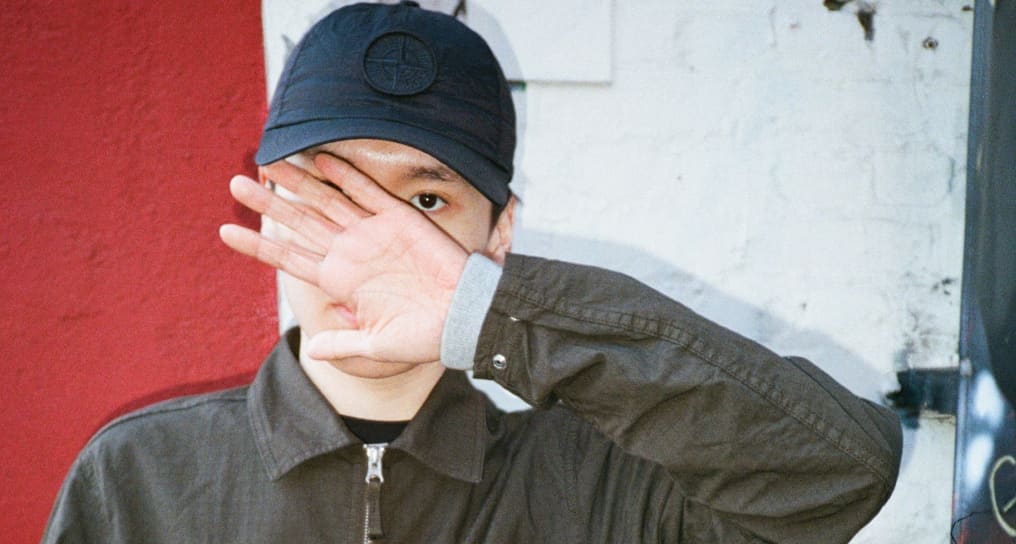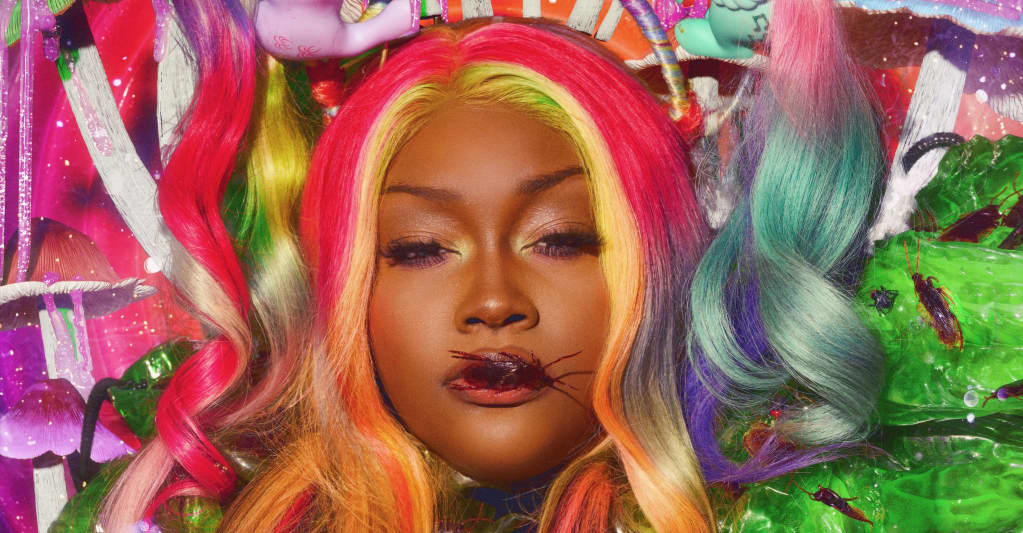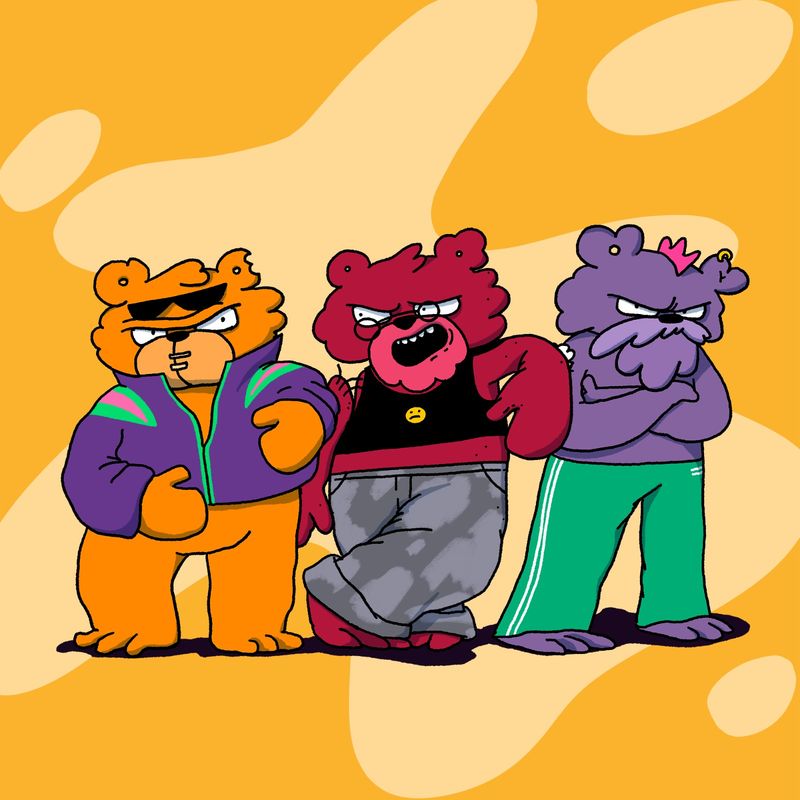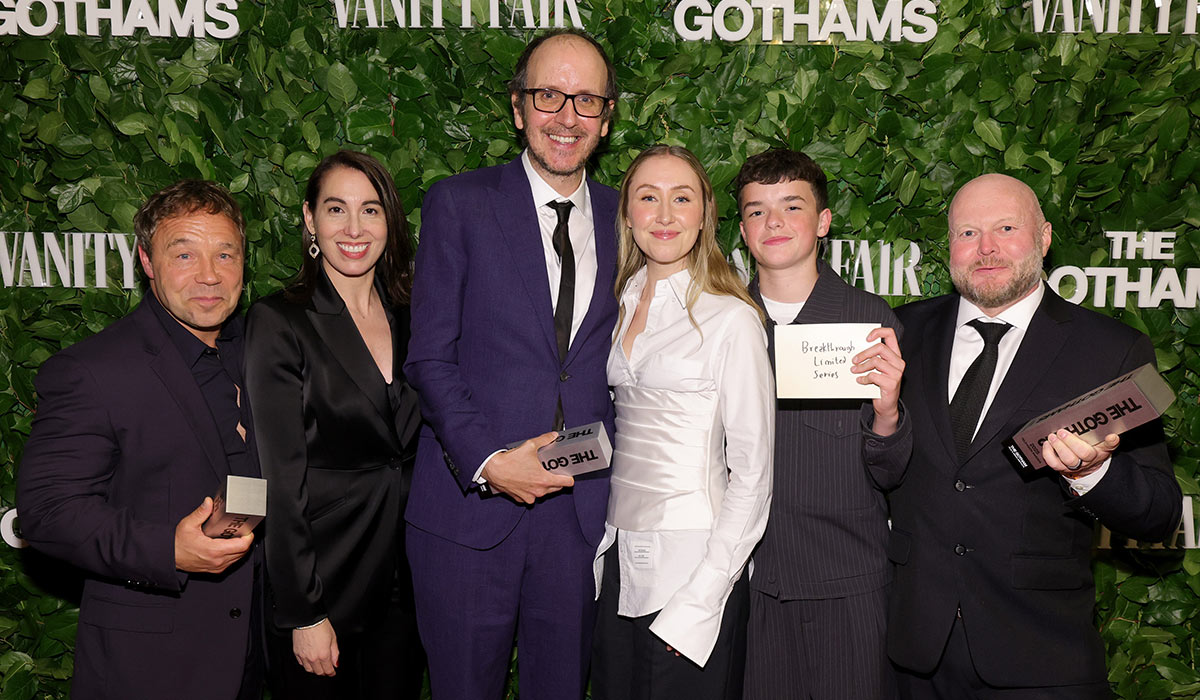Best Albums of 2025 (So Far)
We’re halfway through 2025, and it’s been…well, eventful, to put it politely. But hey, at least there’s great music to get us through it all. Six months in, and we’ve discovered some pretty amazing new music; albums that have made us think, helped us escape, and have been emotionally cathartic. SPIN’s favorite albums of the […]


We’re halfway through 2025, and it’s been…well, eventful, to put it politely. But hey, at least there’s great music to get us through it all. Six months in, and we’ve discovered some pretty amazing new music; albums that have made us think, helped us escape, and have been emotionally cathartic.
SPIN’s favorite albums of the year (so far) include new and seasoned artists from around the world, and cover multiple genres including hip-hop, jazz, indie rock, funk, and folk. Our list is alphabetized, not ranked, as we love all of these albums with equal passion.
More from Spin:
- Failure Documentary Heading To Hulu
- Alex Warren is Anything But ‘Ordinary’
- Superchunk ‘Key’ Up For 13th Album, Tour
Alan Sparhawk — With Trampled by Turtles
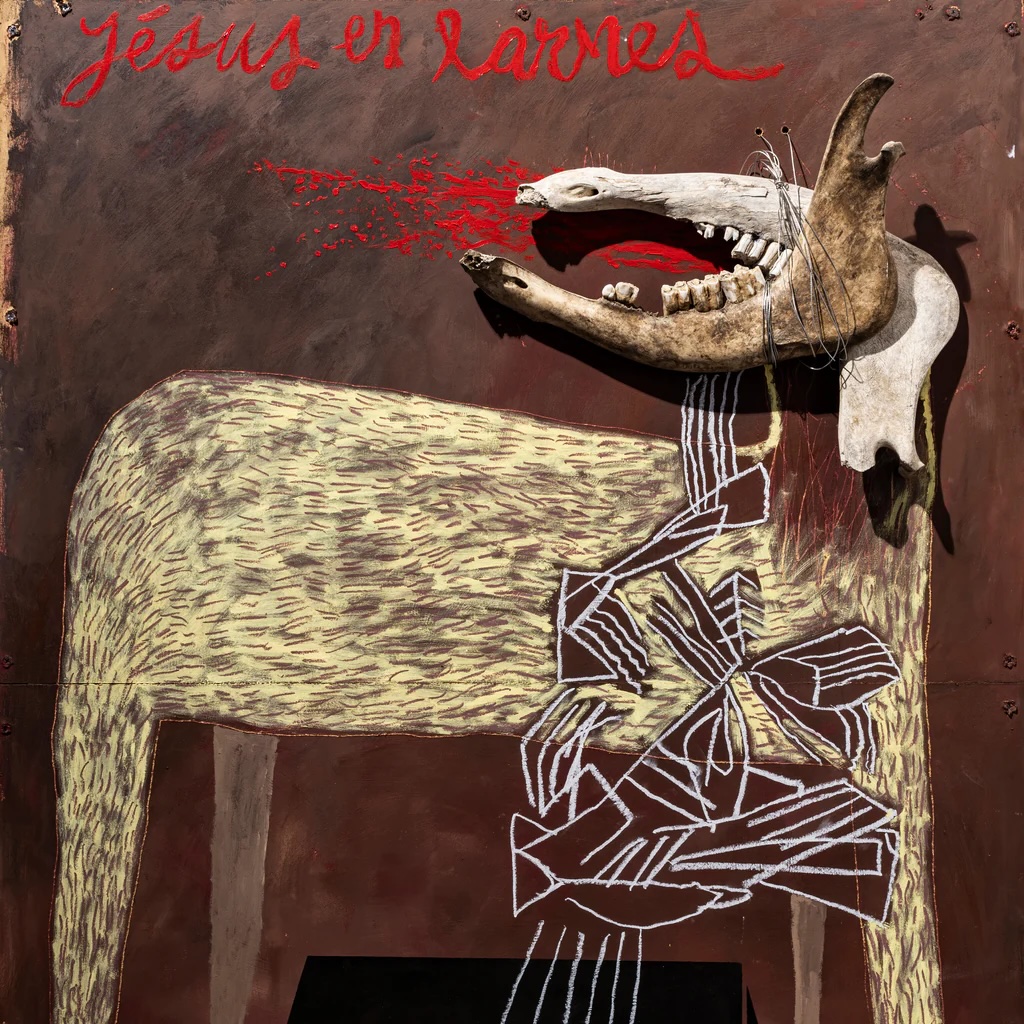
If White Roses, My God—Alan Sparhawk’s first solo record following the passing of his wife and musical partner Mimi Parker—was an exorcism of sorts, this follow-up may be a truer expression of grief. Working with fellow Duluth musicians Trampled by Turtles, and by leaning into and subverting the bluegrass sounds of his backing band, With Trampled by Turtles brings to life songs that Sparhawk had been working on with Parker before her 2022 death. — David Harris
Arcade Fire — Pink Elephant
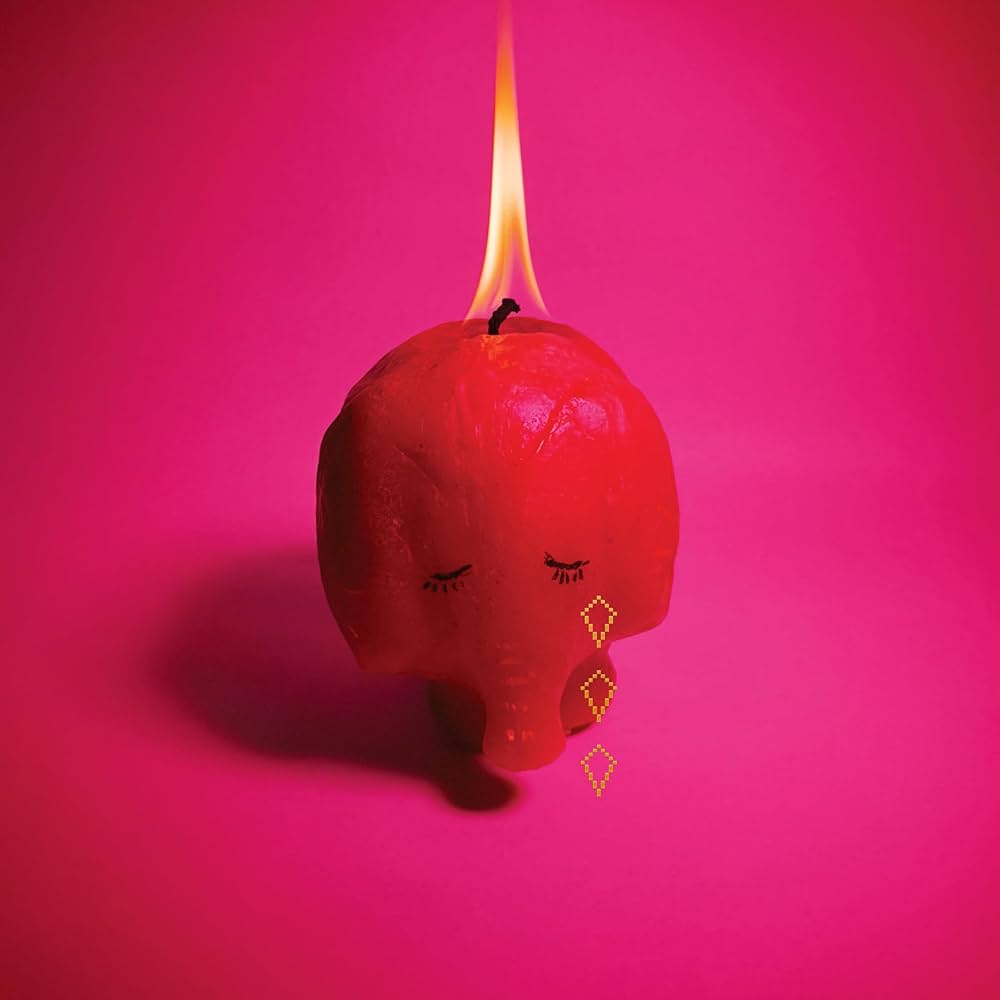
Had I been a fan of Arcade Fire, maybe this seventh album of theirs would have pissed me off, as it has for more than a few former lovers of Montreal’s formerly shiny indie rock royalty. But I came to it cold, only having incidentally listened to them before and never having gotten on board with their right-on political activism and earnest reputation. So the 2022 allegations from multiple young women that nice guy front-dude Win Butler was actually a pushy, manipulative sleaze—and worse—didn’t rock my take on the band. I had no take to rock. Instead I put Pink Elephant on, and it drew me in—from the wordless synthscape of opening track “Open Your Heart or Die Trying” to the resigned flutter of “Ride or Die” (“I could die in your arms tonight”). — Matt Thompson
Bad Bunny — DeBÍ TiRAR MáS FOToS

Bad Bunny’s best album to date is both a love letter to his island and an anti-colonial stance. He honors Puerto Rican music from salsa (“Baile Inolvidable”) to jíbaro sounds from Borinkén’s mountains (“Café Con Ron,” which features a plena collective Los Pleneros de la Cresta) and the out-there reggaeton that made him (“EoO”). This era sees Bad Bunny sing directly about the future looming over the island if things continue as they are (“Lo Que Le Pasó A Hawaii”) and plan a world tour that skips the U.S. altogether. Benito rewrites the playbook, and keeps his ethics intact. — E.R. Pulgar
Bartees Strange — Horror

How do you face the horrors of modern life? We’re all asking this in 2025, but only Bartees Strange thought to put it to alternately grooving and blistering genre-bending indie rock. From the driving funk of what it’s like to be Black in the white music world on “Hit It, Quit It,” to the stripped-down uncertainty of where to live on “Baltimore,” Strange’s latest is boldly honest and loud. He’s more confident than ever as an artist, especially on the cathartic final track, “Backseat Banton,” Horror gives me peace and strength. — Brendan Hay
Bootsy Collins — Album of the Year

Hearing Snoop Dogg rhyme over a Bootsy Collins bassline is so natural, it’s no wonder Dr. Dre lifted a significant portion of Parliament-Funkadelic’s catalog for his landmark debut, The Chronic. More than 30 years after its arrival, Collins has enlisted Snoop for his latest solo effort, Album of the Year—and that’s only the beginning. Released April 11, the aptly-titled project slides in with 18 fresh funk tracks overflowing with infectious grooves and a steady stream of special guests. Coupled with Collins’ signature adlibs (“Bootsy, baby!”) and impeccable bass stylings, it feels like getting an invite to the best party on the planet. From Ice Cube and drummer Daru Jones (who plays on “The JBs Tribute Pastor P,” a nod to Collins’ days with James Brown’s backing band) to Kokane and Daz Dillinger, each collaboration shines on its own, once again proving Collins is a master of his craft. — Kyle Eustice
Borja — Cuando Coincidimos

Following his Best New Artist nomination at the 2023 Latin Grammy Awards, life has been a wild ride for Borja. Last year, the Spanish singer-songwriter was tapped by Karol G to open one of her stadium shows in Madrid. To match his bigger crowds, Borja has amped up his sound and evolved from indie darling to Latin pop heartthrob with his second album Cuando Coincidimos. He embraces surf rock in the sexy “Se Busca” and shreds away the heartache in the intense “Brutal.” Borja also recounts the rush of fleeting romance at a Grammys afterparty in the exhilarating “Feid.” — Lucas Villa
Djo — The Crux

Not being into comparison-built reviews, I won’t say Djo’s third album is like chucking Scritti Politti, ELO, The Cars—maybe even a rockless pinch of Bowie’s “Rock ‘n’ Roll Suicide”—and hot bubble wrap into a blender, and getting goofy on the resulting brew, but that is exactly what it’s like. From wistful yet lightly saucy neo-Platonic trots like “Egg” (“Man is a mold and nothing is new”) to the title track’s lush exhortation to “Get back to your heart,” The Crux is fun time with a quirky friend who has concentration problems but really cares about you. Oh, and I don’t want it to get in the way—mullet-nostalgia might distract from the music—so I won’t mention that Djo is Joe Keery and Joe Keery is Steve from Stranger Things. — MT
Domino Kirke — The Most Familiar Star

Two themes anchor Domino Kirke’s The Most Familiar Star: change and acceptance. Over the past decade, she’s experienced sharp turns: having and losing children, moving from single motherhood to a family dynamic, and unexpectedly gaining recognition not just as a musician, but as a doula. Through textured soundscapes and a meditative vocal presence, Kirke explores complicated topics such as identity, love, and loss, and her compound relationship with those issues, eventually guiding the listener toward a hard-earned sense of peace. — Lily Moayeri
Eiko Ishibashi — Antigone

Following a couple high-profile soundtracks and some excellent experimental collaborations, Antigone marks the Japanese multi-instrumentalist’s return to song-based material. Singing mostly in her native language, Ishibashi doesn’t stray too far, vibe-wise, from 2018’s eerie The Dream My Bones Dream, turning in a work of murmuring, grief-stricken enchantment. Like Dream, Antigone opens with a kind of orchestral fugue, but one which, unlike its ancestor, soon takes a turn for the smooth and sultry, a move carried out by the rest of the album. Ishibashi has somehow found a way to alchemize her avant-garde leanings into dystopian torch songs, creating mournful serenades for a deliciously fallen, floating world. — Reed Jackson
Ela Taubert — Preguntas a Las 11:11

Ela Taubert is living up to her win for Best New Artist at last November’s Latin Grammy Awards. The rising Colombian star is translating her love of pop music into Spanish with her debut album Preguntas a Las 11:11. Taubert channels a crushing breakup into a heartbreak anthem in the angst-driven “¿Cómo Pasó?” The Jonas Brothers’ Joe Jonas joins the pink-haired singer on a Spanglish version of her breakthrough hit. Taubert also gets a co-sign from pop mastermind Max Martin, who co-produced the empowering “¿Es En Serio?” She is spinning her diary-like stories into Latin pop gold. — LV
FKA Twigs — Eusexua
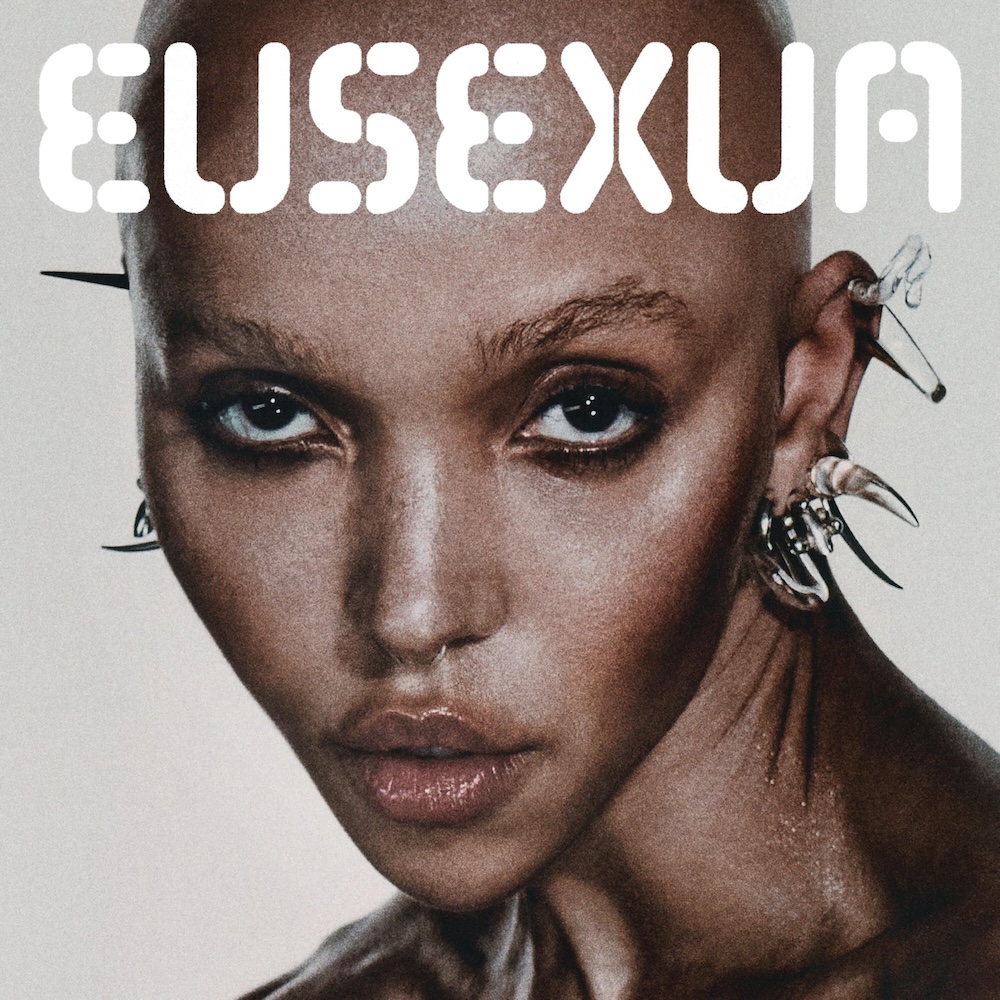
FKA Twigs has been healing, moving from wrenching honesty toward songs about joyous dancefloor revelations. After a transformative summer partying in Prague, she’s come back playful (“Childlike Things,” featuring none other than North West), unabashedly erotic (minimalist submission anthem “24hr Dog”), and with a clear understanding of what it means to transcend in a dark room full of (perfect) strangers—listen to the second half of “Striptease” and you’ll understand. The British dancer and experimentalist’s newest release is pop done her way, reflecting the philosophy at the core of her artistry: moving with the body to uncover the heart. — E.R.P
Garbage — Let All That We Imagine Be the Light

Garbage’s latest album, Let All That We Imagine Be the Light, is a visceral release of anger and frustration, but also love and gratitude. While rehabbing a concert-related injury, the group’s dynamic and magnetic frontperson Shirley Manson recalibrated, channeling emotions and observations into the music her bandmates sent her. While the album has a vicious bite with its bleak reflections on modern life, it isn’t all vitriol. Space is carved out for resilience and light, and it’s all delivered through Manson’s unapologetically grim but generous lens. — LM
Infinity Knives & Brian Ennals — A City Drowned in God’s Black Tears

Brian Ennals declares “Netanyahu is the new Hitler” in the first 30 seconds of A City Drowned in God’s Black Tears, and continues to have absolutely no chill for the next nine songs. Polymath producer Infinity Knives occasionally calms things down with acoustic guitars or opera singers, but everything Ennals says on the Baltimore experimental hip-hop duo’s second album is grim, hilarious, or both. Even when Knives serves up a festive Latin groove on “Sometimes, Papi Chulo” or ’80s funk on “Everyone I Love is Depressed,” Ennals’ verses are full of suicidal thoughts and gallows humor, doubling down on the visceral emotion and omnivorous musicality of 2022’s King Cobra. — Al Shipley
James Brandon Lewis — Apple Cores

Saxophonist James Brandon Lewis stays busy, working in several different contexts (he’s already released a second album this year, with a quartet, on Intakt Records), but his trio work on the eclectic Anti label always delivers something special. Apple Cores doesn’t disappoint. Inspired by jazz titans Don Cherry and Ornette Coleman, as well as writer/revolutionary Amiri Baraka, it’s an unruly, surprising, and exuberant mix of unfettered expression, mixing free jazz, fusion, hip-hop, and dub with shrewd abandon. Spontaneous yet detailed in his approach, Lewis envisions jazz as a teeming metropolis—sharp-elbowed, on the move and on the make—eternally ready to reinvent itself. — RJ
Jerry David DeCicca — Cardiac Country
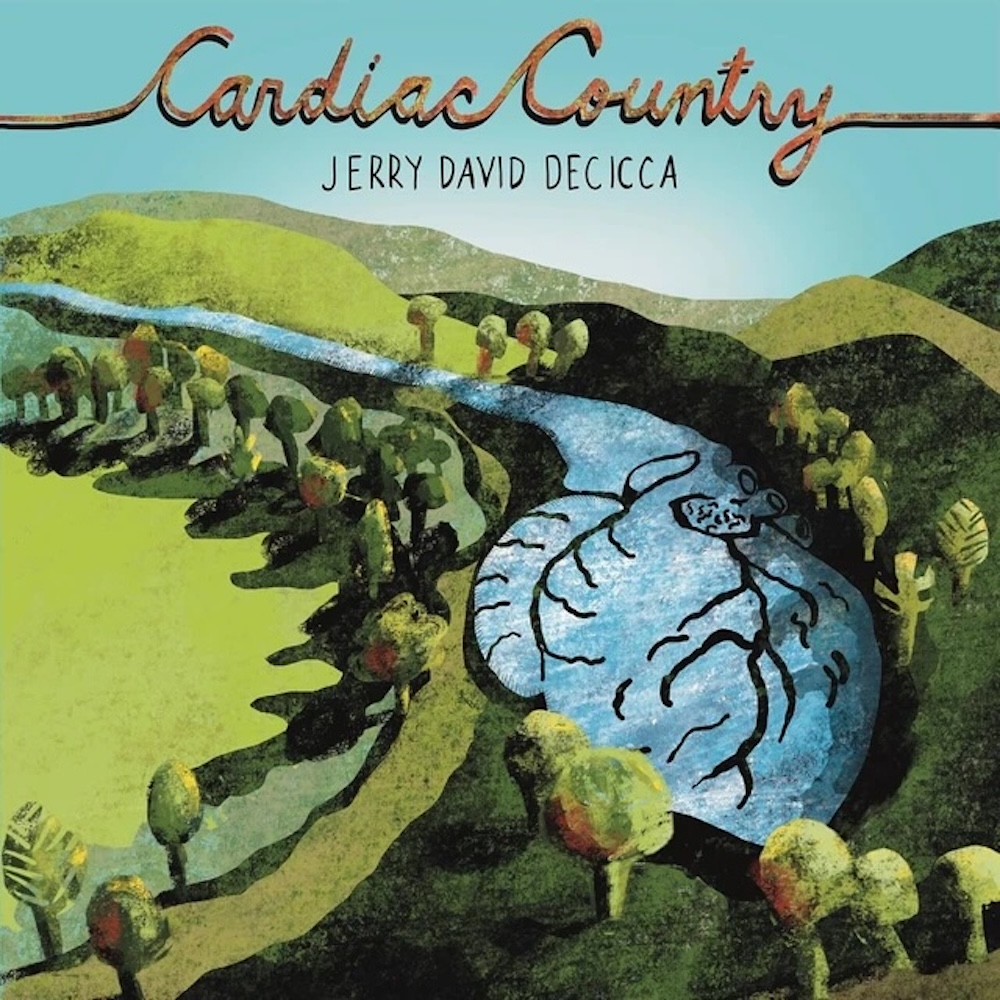
Mostly written and recorded shortly before the singer-songwriter received a medical diagnosis that entailed open-heart surgery, Cardiac Country nonetheless deals in matters of the ticker. DeCicca has always paired his deceptively plainspoken country-folk style with unexpected arrangements, and here works with pedal steel titan B.J. Cole, known for his collaborations with John Cale, Chumbawamba, and the Orb, among others. Cole’s drawling melancholy adds extra hues and layers of implication to DeCicca’s sharply observed, casually delivered insights about love, hypocrisy, and picayune transcendence. Based in Texas but raised in Ohio, DeCicca creates a heartland of his own that’s blessedly independent of geography and unrestricted by the failures of the physical. — RJ
L.S. Dunes — Violet
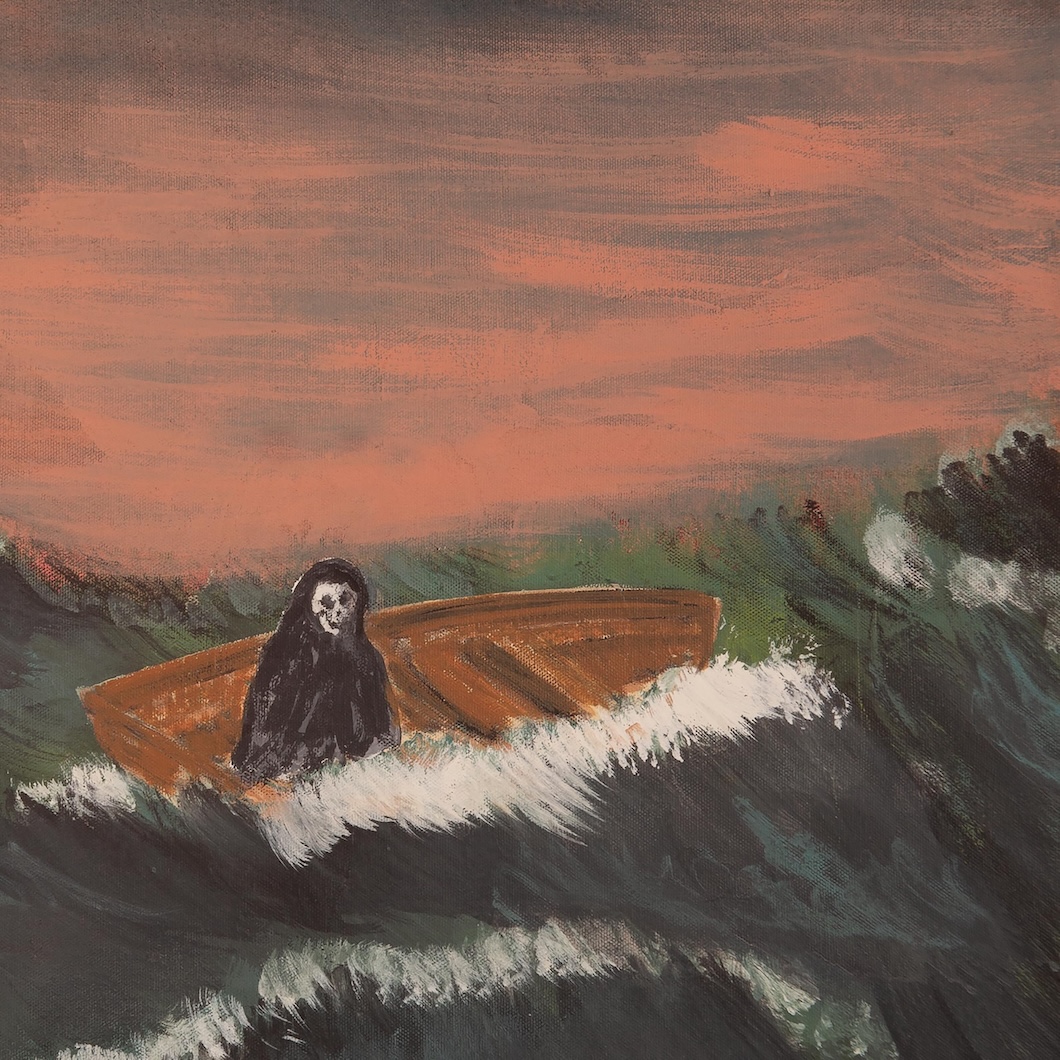
These things shouldn’t work. The Northeast supergroup made up of parts of My Chemical Romance, Circa Survive, Thursday, and Coheed and Cambria finds its true form on its second full-length LP, produced by the genre’s Midas, Will Yip. Violet brilliantly showcases each of their sonic personalities: Anthony Green’s glass-shattering timbre, Frank Iero’s frenetic strumming layering with Travis Stever’s prog rock shredding, and the truly show-stealing Thursday rhythm section of Tucker Rule and Tim Payne. But the album transcends the individual to become a sum of its parts that works, in the band’s own words, “Like Magick.” This isn’t a side project. It’s kindred spirits finding each other. — Brendan Menapace
Luke Spiller — Love Will Probably Kill Me Before Cigarettes and Wine

Luke Spiller cuts quite a figure as the Struts’ frontperson, but on his debut solo album, Love Will Probably Kill Me Before Cigarettes and Wine, it’s clear the charismatic Spiller has been holding back—until now. Dramatic and cinematic, the album draws from the emotional sweep of musical theater yet leans into open-hearted storytelling without feeling overwrought. As the title suggests, the album’s 10 songs are shaped by Spiller’s relationships. With his unfiltered honesty and raw vulnerability he invites listeners into his inner world and holds them as willing hostages. — LM
Maria Somerville — Luster

Maria Somerville hails from Connemara, on the western coast of Ireland, right on the water. Fittingly, the songs on her second album—and first as the most 4AD-sounding artist on 4AD—sound like waves hitting the beach, as the music swells and recedes in hypnotic patterns, washing ashore scraps of lyrics (“projections of you… in my head”), insinuated melodies, guitar notes worn smooth by the tides. Ethereal and earthy, constantly changing shape yet anchored in pop forms, it’s a lovely, lively, looser take on modern shoegaze. — Stephen Deusner
Nels Cline — Consentrik Quartet
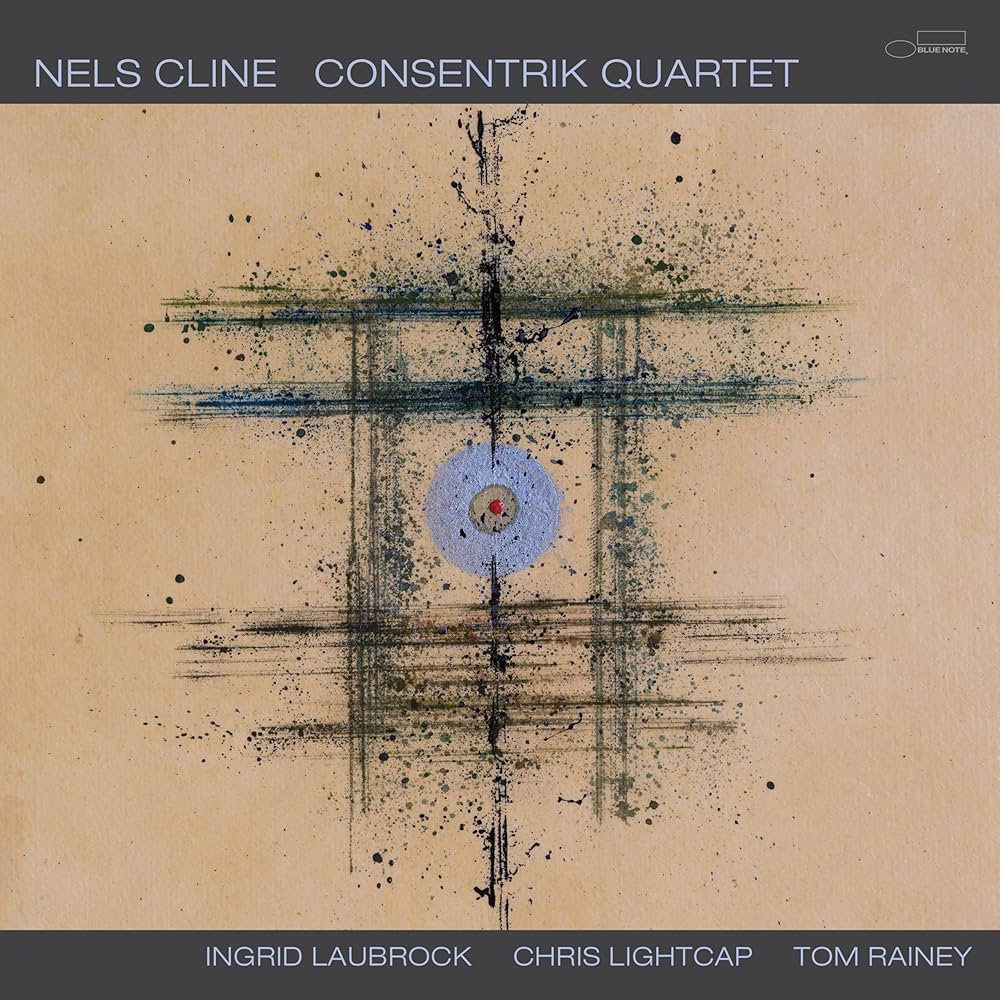
Avant guitar genius Nels Cline has always been a generous ensemble player in bands like Wilco and the Geraldine Fibbers, but as a bandleader he’s often explored his instrument freely and noisily with just a bassist and drummer. Lately, Cline prefers larger combos where his guitar duels and harmonizes with horn players, and he shares the spotlight with German saxophonist Ingrid Laubrock to great effect on Consentrik Quartet. Cline’s fourth album for the storied Blue Note label showcases his command of jazz history, from hard bop to noirish ballads, but he still finds moments, on “Surplus” and “The Bag,” to stomp on a distortion pedal and let loose. — AS
Neton Vega — Mi Vida Mi Muerte
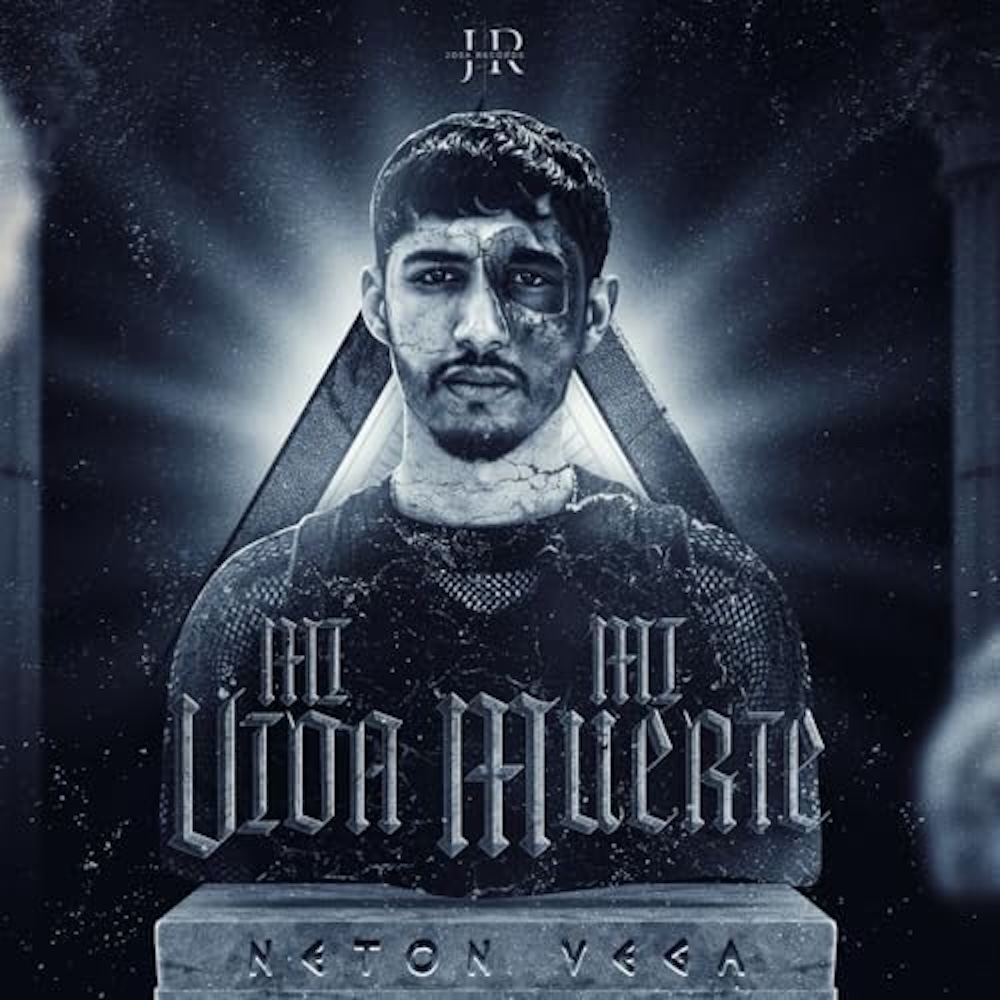
Neton Vega is one of the year’s biggest breakout acts. The Mexican singer-songwriter first made his mark in the crowded corridos scene as a writer for Peso Pluma. Now Vega has broken through as a rising star in his own right with his swaggering debut album Mi Vida Mi Muerte. Inspired by his love of 2Pac and hip-hop, he switches between singing and rapping in the slick title track. Vega also shows he’s more than corridos in the alluring reggaeton banger “Loco.” Peso Pluma later gives the 22-year-old a co-sign when they ride again for their fiery collaboration “Morena.” — LV
PUP — Who Will Look After the Dogs

The story of PUP is a story of highs and lows. They fought their way up from the Toronto basements and triumphantly staked their claim. They made all of their dreams come true only to be told that they were over, they confronted mortality and toyed with their own demise as a viable business entity. And then they hit their mid-30s. On Who Will Look After the Dogs, we find PUP, via vocalist Stefan Babcock’s self-flagellatory lyrics, battling himself and his shortcomings, but remaining standing despite the odds. After everything, PUP has cemented that if destruction be their lot, they alone can be their author and finisher. — BM
Rodeo Boys — Junior
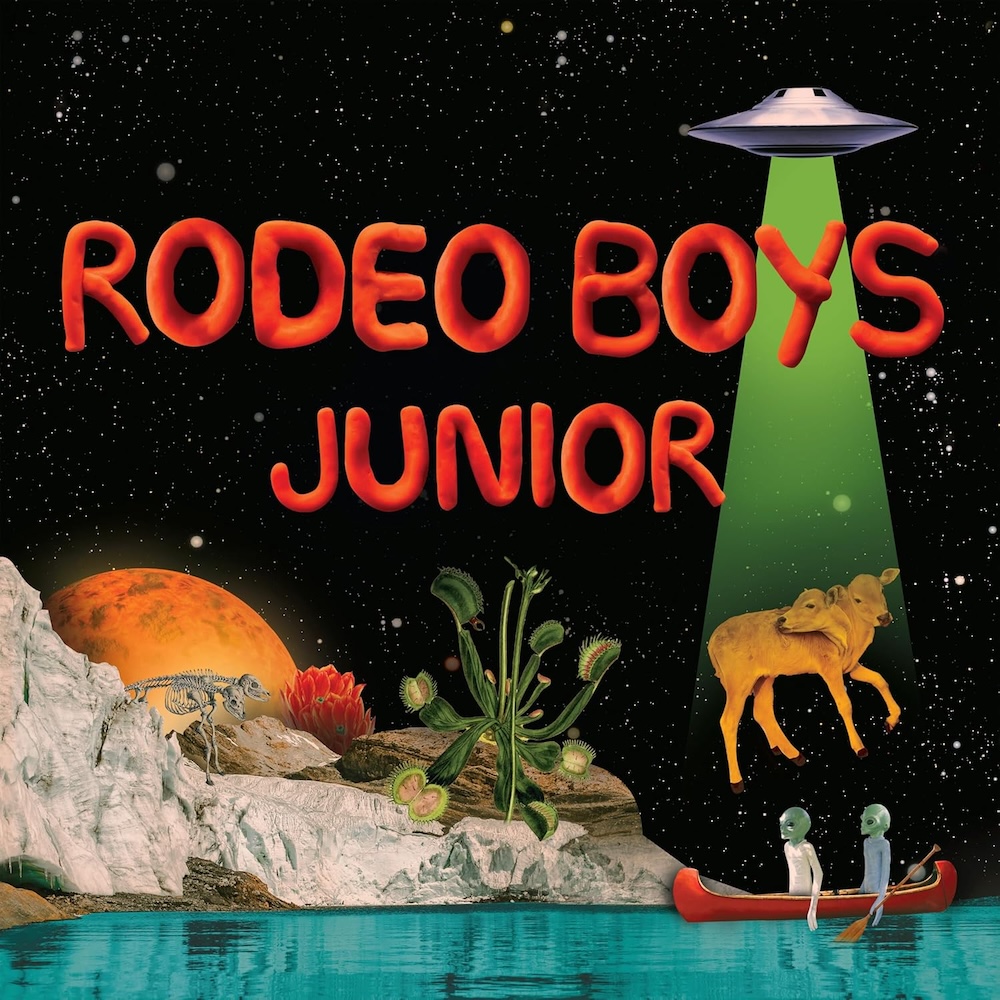
Heartland rock has historically been full of dudes. Dudes singing songs about heartbreak, misunderstood heroes in decidedly un-glamorous parts of the country, dreaming of something bigger and hitching their way there eventually. Or maybe just staying put. But dudes don’t have a monopoly on heartbreak, yearning, and hard times. On Junior, Lansing’s Rodeo Boys, weave these stories and feelings with the guiding hand of guitarist-vocalist Tiff Hannay, who invites the listener to see their own experiences with these feelings and expressions through the lens of a non-binary person in a part of the world that, despite the name, often doesn’t have a ton of heart for people like them. — BM
Saint Levant — Love Letters
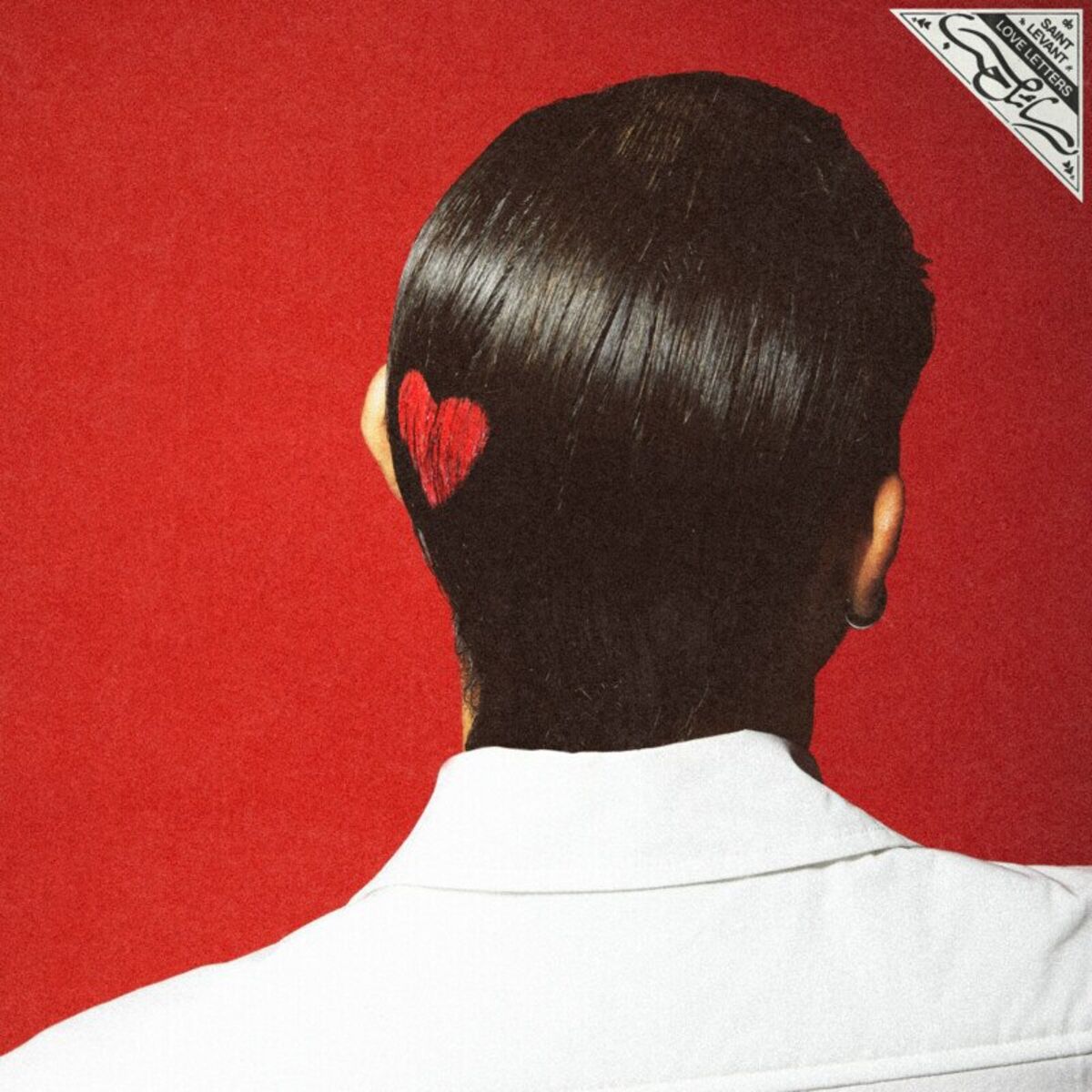
The trilingual Palestinian-Algerian rapper is back, and sharp as ever. On Love Letters, Saint Levant moves deftly between ’80s-inspired Arabic pop (sensual “Diva,” whose video is a love letter to Algeria) and songs about pride in his roots (the striking march “Daloona,” bolstered by contributions from Palestinian guest musicians including vocalist Shadi Borini and electronic collective 47Soul). This sparkling follow-up to last year’s concept album Deira—named for the beachfront hotel on the Gaza Strip his father designed, an architectural gem reduced to rubble—zeroes in on the energies of romance and resistance that make Saint Levant one to watch. — E.R.P
Sam Moss — Swimming

An agile and inventive guitar picker based in small-town Virginia, Sam Moss wrote “Feathers” after reading Emily Dickinson’s poem “‘Hope’ is the Thing with Feathers.” The song is less about the legendarily reclusive poet or even about that thing with feathers, and more about how we use art to make sense of life and vice versa. That idea seeps into every corner of his new album, Swimming, which he recorded at Sylvan Esso’s studio with a crew of North Carolina musicians. Swimming foregrounds his graceful guitar playing, his quietly intense vocals, and most of all his observant songwriting, all of which reveal new wisdom with each spin. — SD
Sparks — MAD!

One thing is true: Russell and Ron Mael are very good at writing Sparks songs. MAD!, the duo’s 28th studio album, features all the hallmarks of their best work. Darkly humorous lyrics? Check. Insidious, circular song structures that lodge themselves in your head? Yup. This time around, everything from getting stuck at a long red light to running up a hotel tab is fair game. But maybe the Maels are getting a bit sentimental in their old age. Songs such as “My Devotion” and “Drowned in a Sea of Tears” are among the most sincere, and excellent, things the Sparks brothers have ever written. — DH
Telethon — Suburban Electric

Add up the power pop melodies of Fountains of Wayne, the anthemic riffs of the Hold Steady, the fuzz of ’90s alt bands like Everclear, the eclecticism of Jeff Rosenstock, and a healthy dose of rock opera theatricality, and you almost hit the refreshingly unique alchemy of Wisconsin’s self-dubbed “hard pop” band. Their latest is a collection of character-driven rockers—ranging from an uncomfortable reunion dinner at Benihana’s (“K-Mart, 1995”) to a guy building a time machine in his garage (“The Pen”)—that feel like you’re getting to know an entire neighborhood. Plus: references to The Exorcist III! — BH
Tunde Adebimpe — Thee Black Boltz
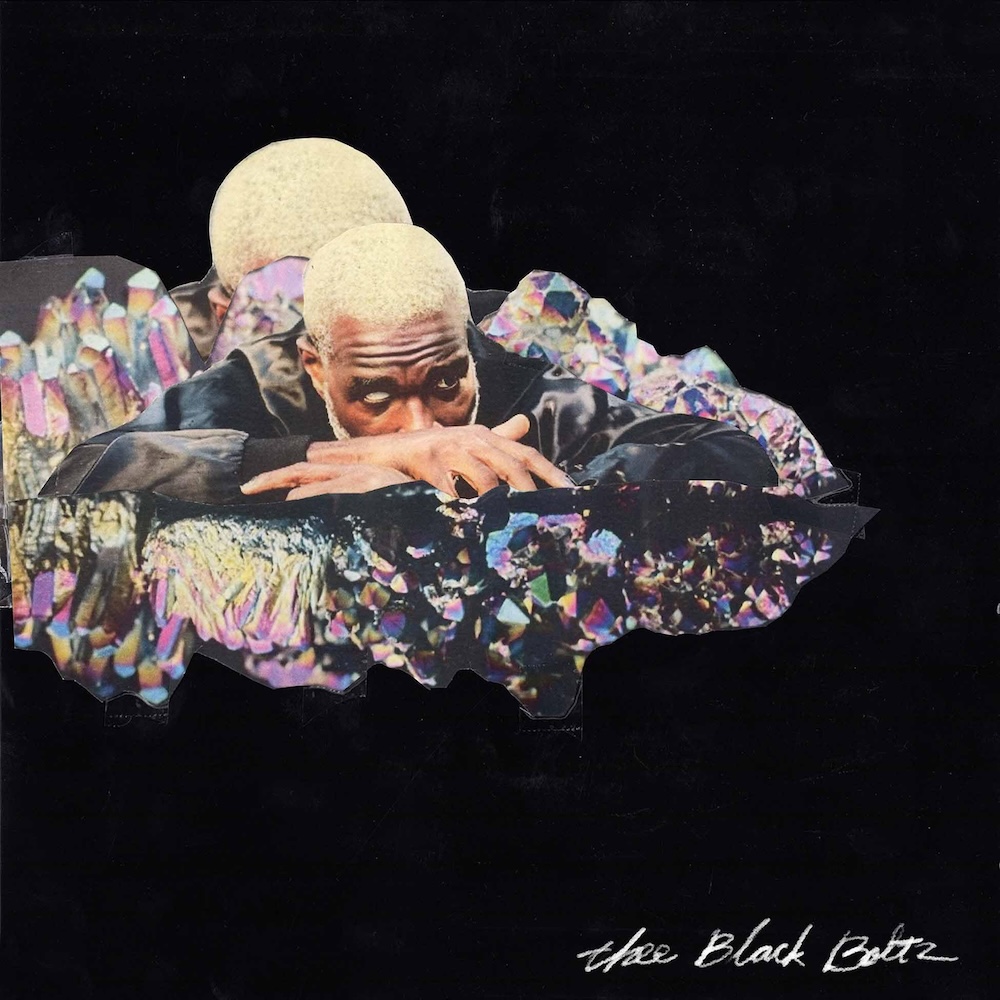
TV on the Radio’s frontman steps into the solo spotlight with all of his expected charisma, but naked, soul-searching emotion as well. With his dynamic voice more front and center than in the band’s work, Adebimpe guides listeners on a journey through his own recent grief and heartbreak to find the possibility of a more knowing joy on the other side. And he does it all without losing any energy. “Magnetic” and “Drop” are two of the most propulsive songs in Tunde’s catalog, and “Somebody New” finds him making an indie dance bop. — BH
Viagra Boys — viagr aboys

The most perverse aspect of this punky plunge into literal and metaphorical (and therefore metaphysical) body horror is that its key number, “Therapy,” is only available as a bonus track on the expanded edition released by Rough Trade. The song’s about a guy who needs therapy because he has run over a “creature” and “disfigured” himself in a car wreck while high on a drug given to him by his therapist. Admit it: To depict convincingly the counseling profession as a diabolical ouroboros in two-and-a-half rampaging minutes is to see the Ramones’ “Psycho Therapy” and raise it pretty high. If such an accomplishment sounds like your cup of meat, the rest of the album—expanded or not—will too. — Arsenio Orteza
Wardruna — Birna
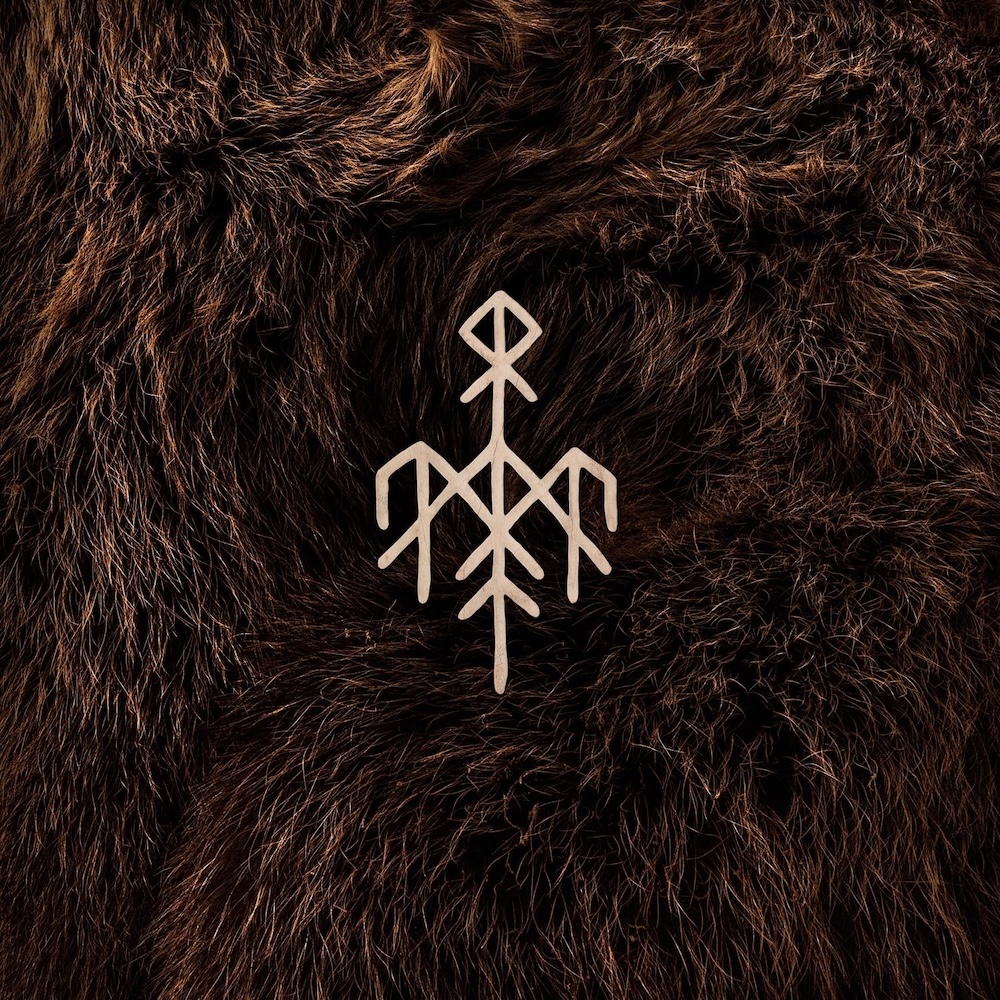
In a time when the U.S. government is cutting funding to combat climate change, one of the year’s best albums so far turns to animist traditions for its power. On Birna (Old Norse for “she-bear”), the esoteric Norwegian collective Wardruna uses the pulse of its title-animal’s heartbeat during hibernation as its guiding tempo. Appealing to both metal and post-rock fans, Birna is a grand and glacially paced record of epic proportions that fuses atavistic musical traditions with very modern fears. — DH
William Tyler — Time Indefinite

Creatively, William Tyler’s career has a wild arc, starting with post-Fahey folk guitar on his first record before veering into new age highway excursions and settling into a kind of distorted American ambient (with a layover soundtracking Kelly Reichardt’s 2019 film First Cow). Time Indefinite may be his wildest album yet and the first where guitar is not always the prominent instrument. Instead, these compositions are like found sculptures of noisy static and decaying choirs and soft mattresses of synths with springs poking through. They morph constantly, mushrooming into new shapes, but always possessed of a disarming beauty. — SD
To see our running list of the top 100 greatest rock stars of all time, click here.




![‘The Witcher Collection’ is Available Now in ‘Dead by Daylight’ [Trailer]](https://i0.wp.com/bloody-disgusting.com/wp-content/uploads/2025/06/dbdwitcher.jpg?fit=900%2C580&ssl=1)


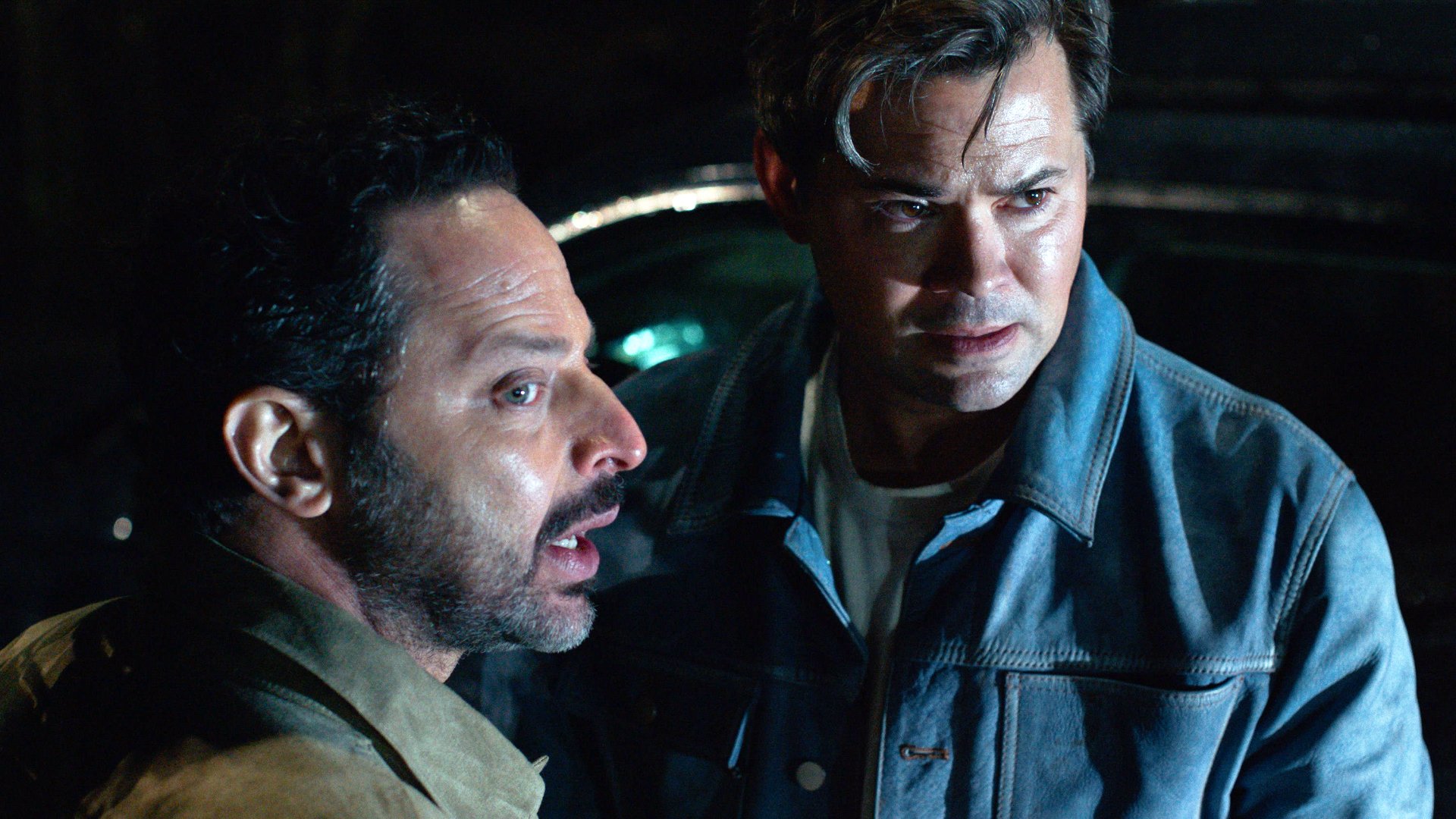

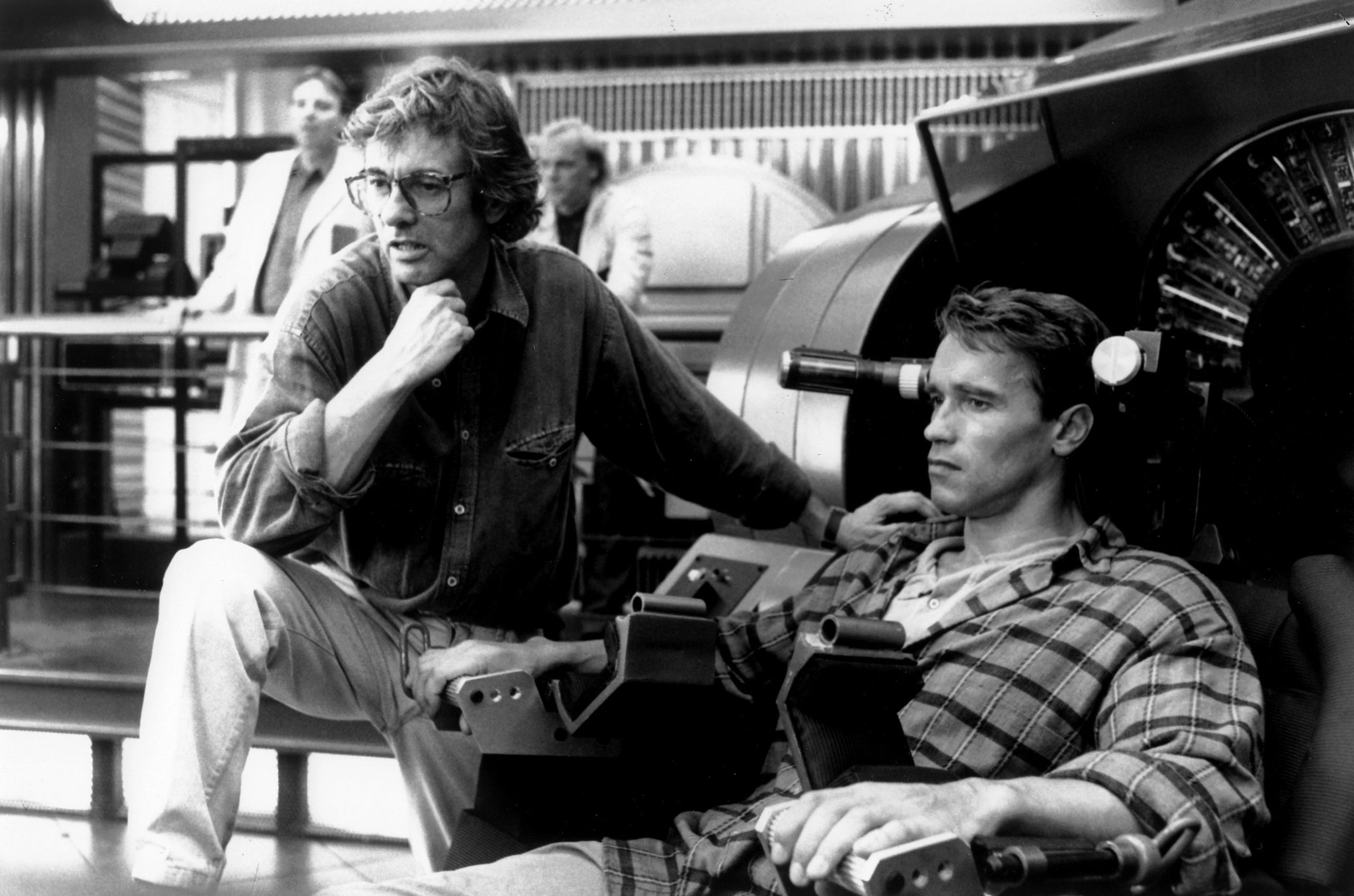



















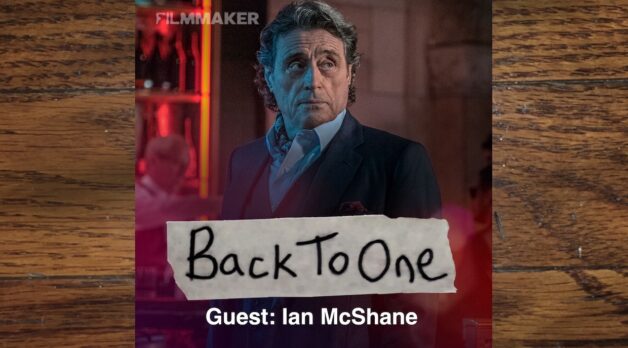





















![A Depth in the Family [A HISTORY OF VIOLENCE]](https://jonathanrosenbaum.net/wp-content/uploads/2011/06/a-history-of-violence.jpg)

![Revenge Is Bitter [BUFFALO ’66]](https://jonathanrosenbaum.net/wp-content/uploads/2011/08/buffalo64.jpg)
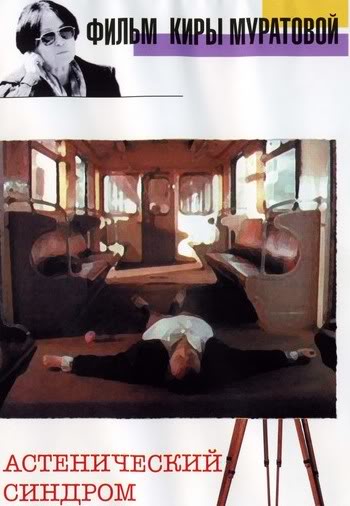
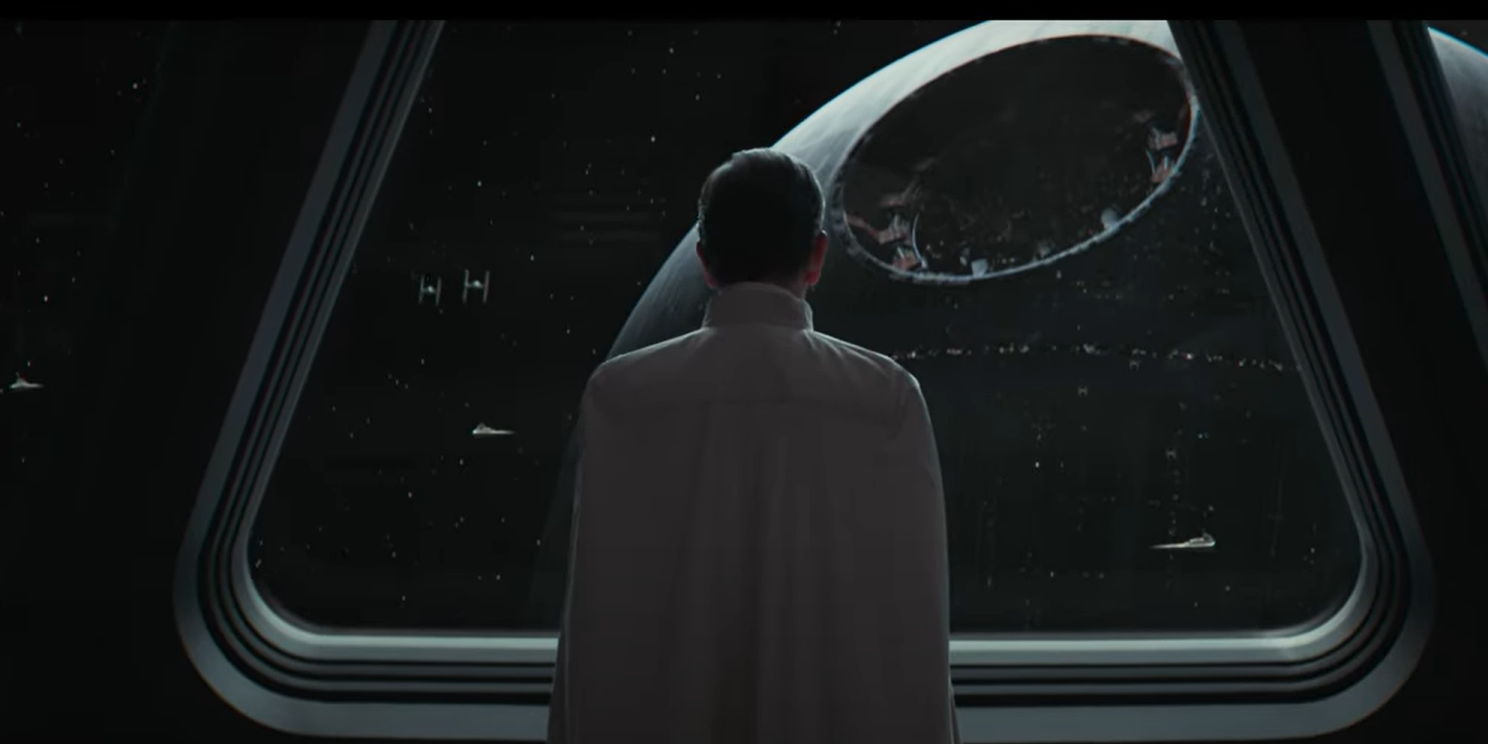

















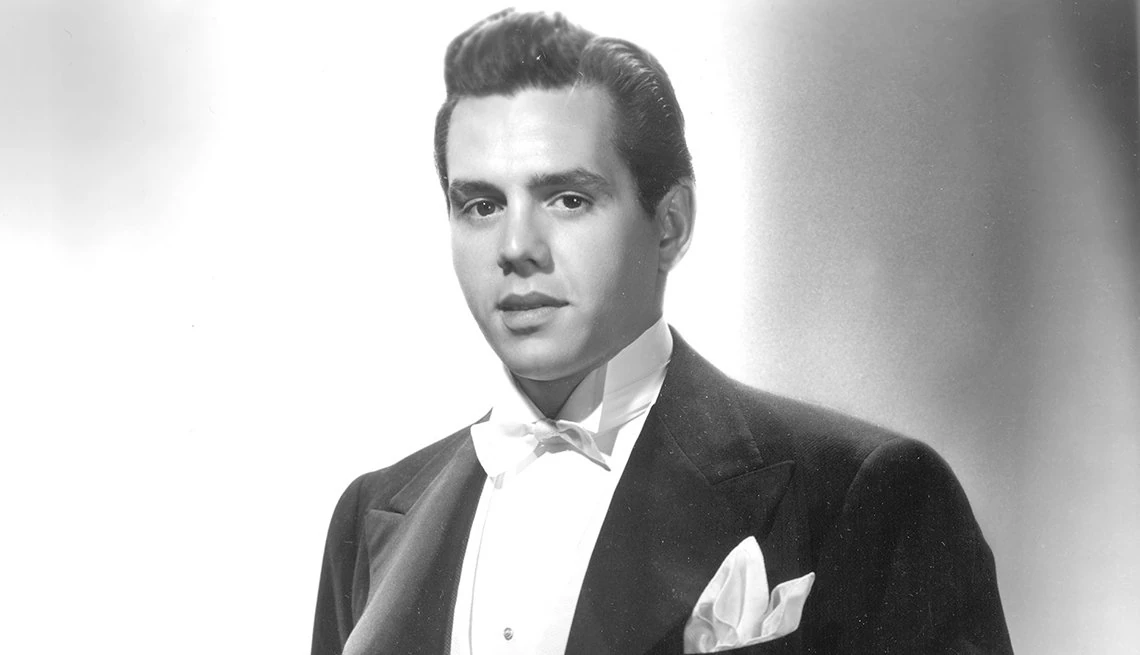

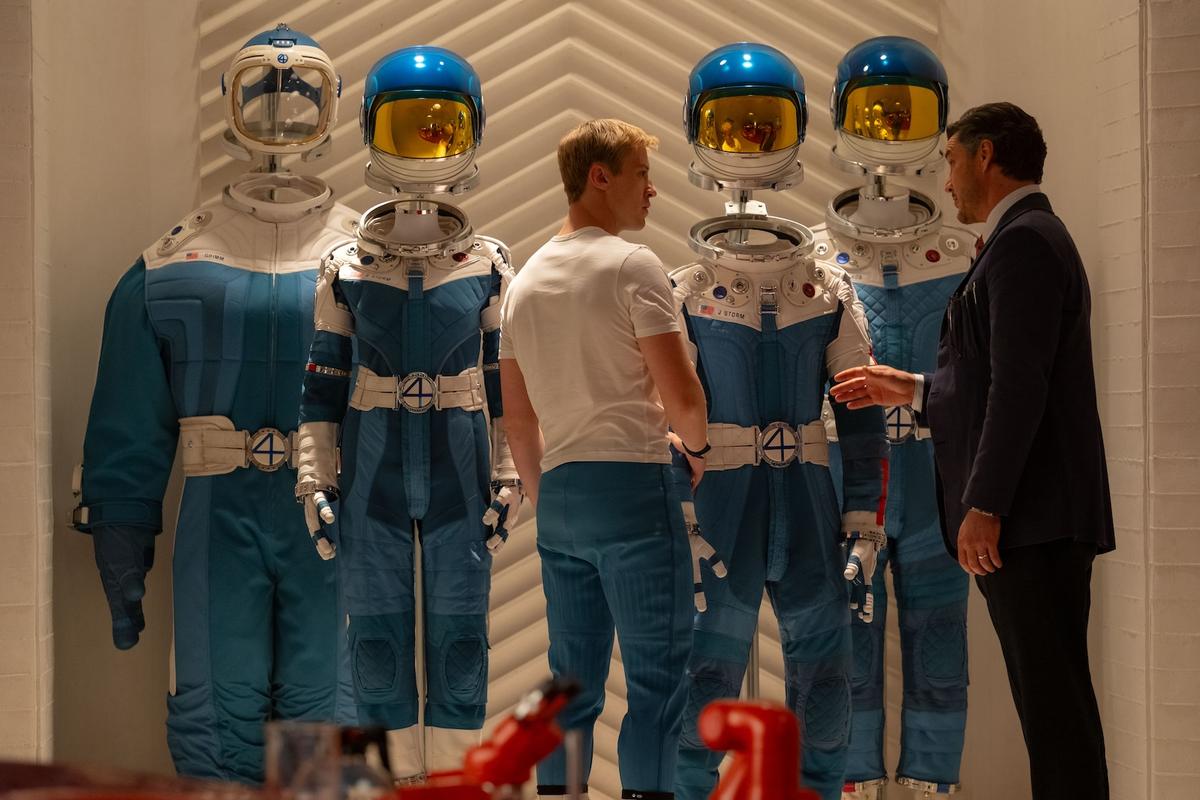





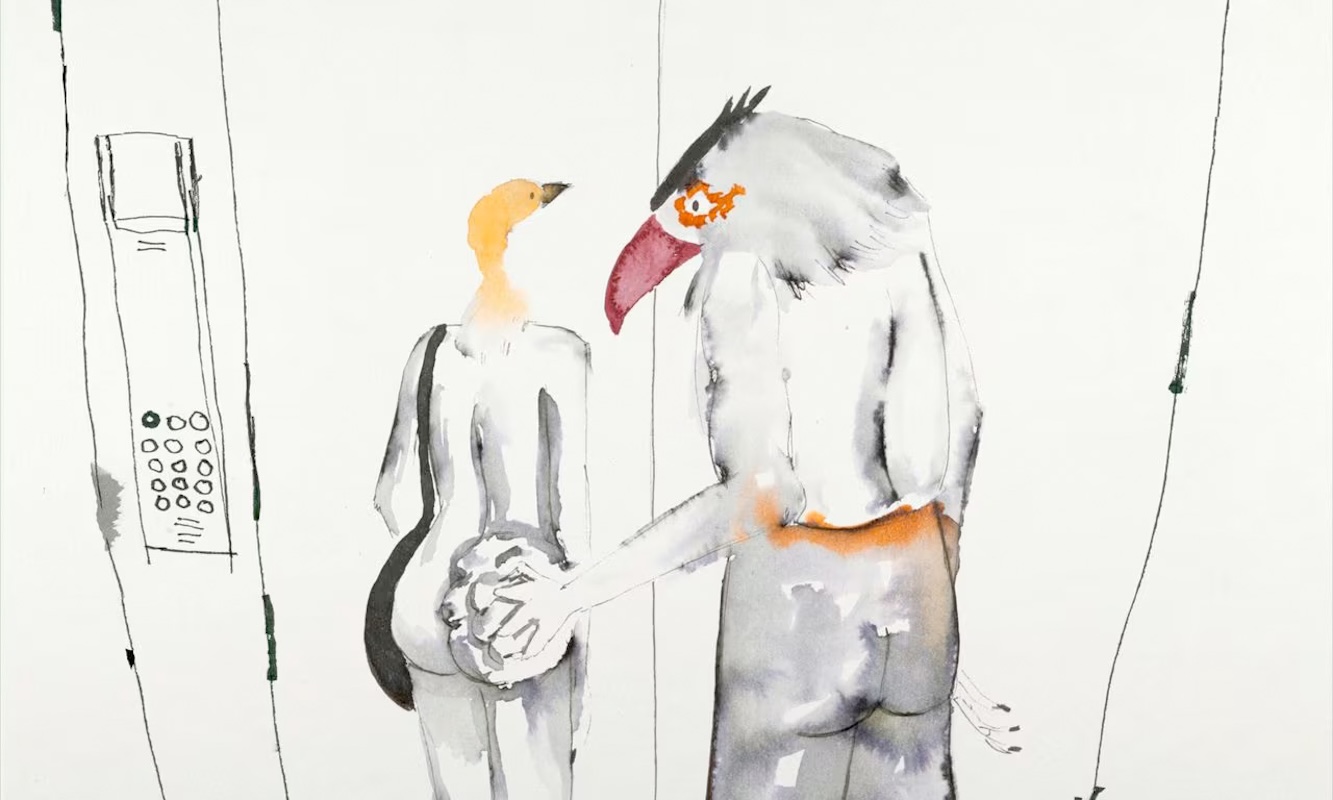

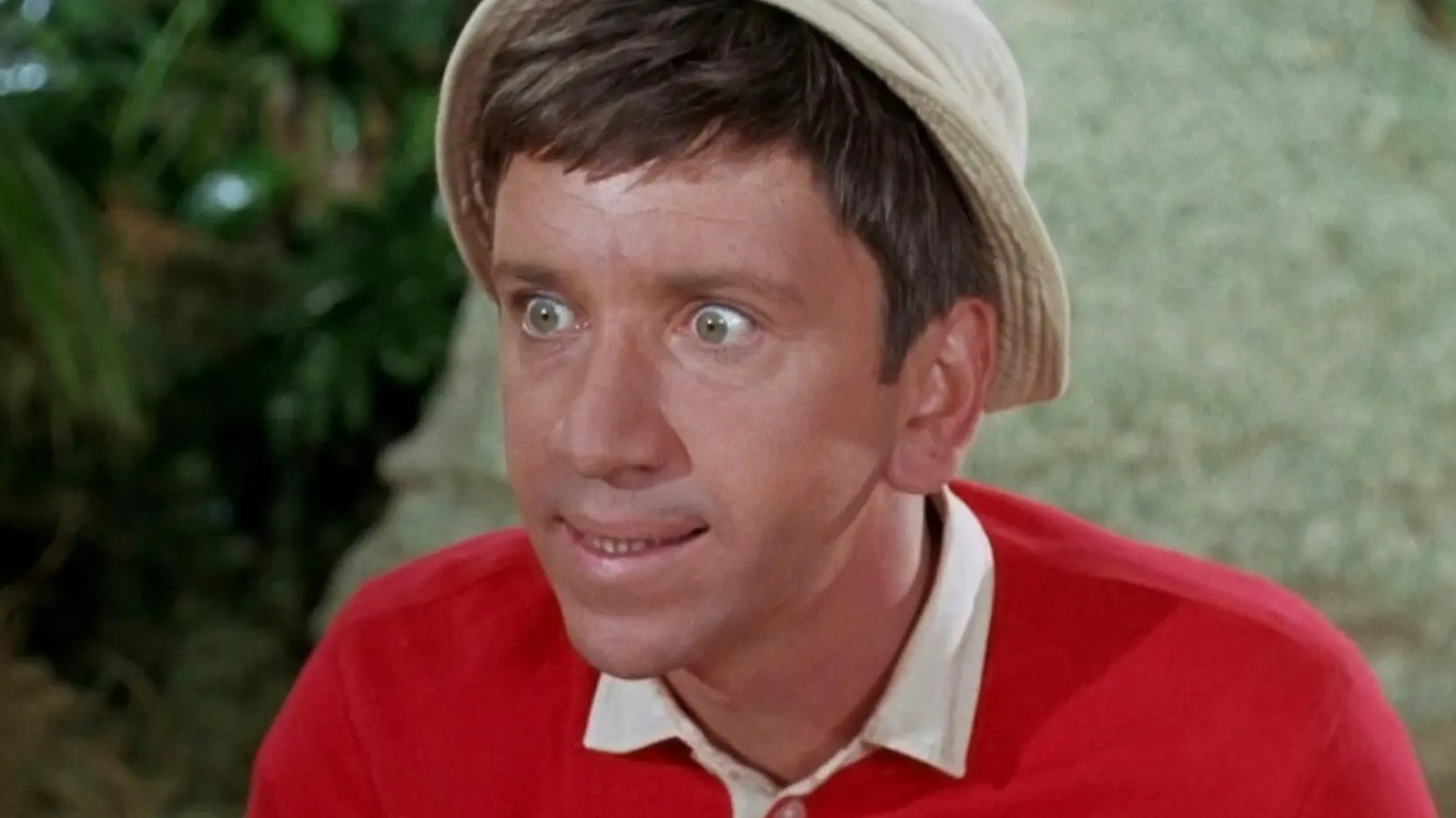

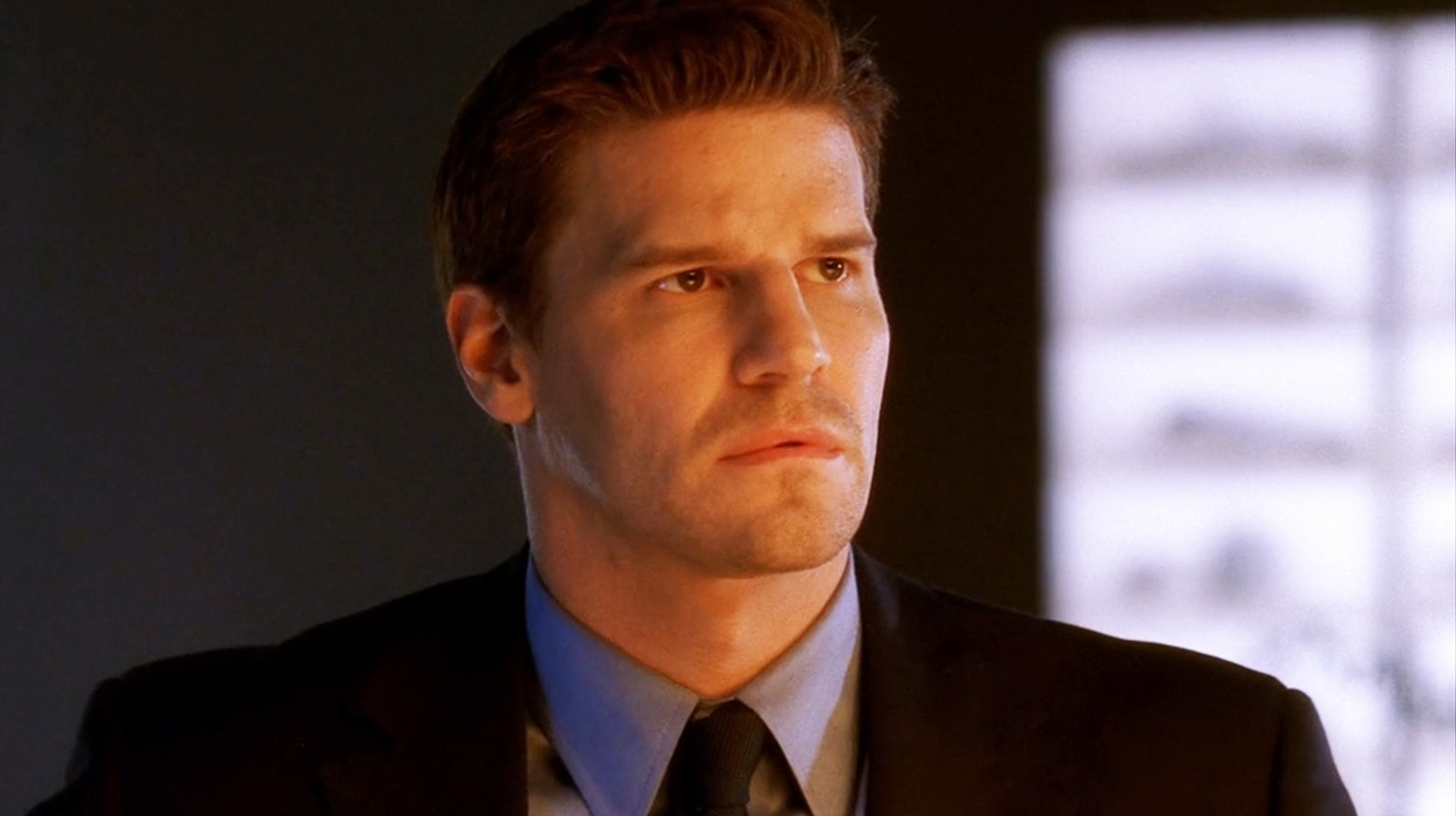









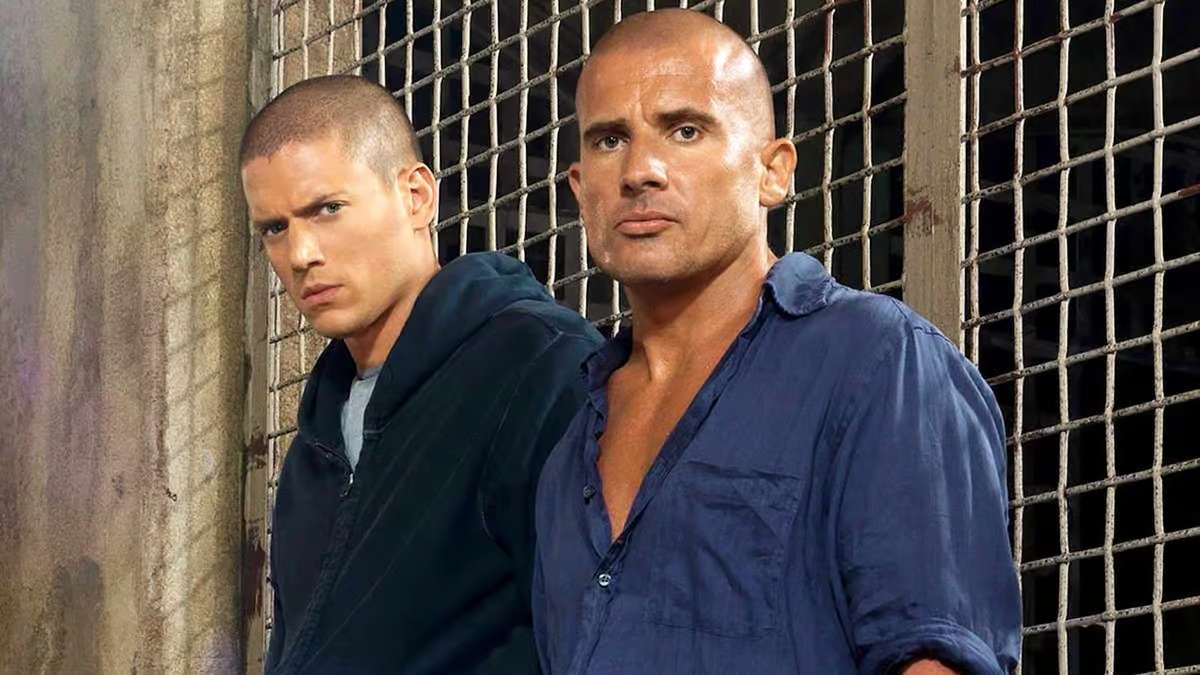




![Director Hwang Teases A “Half Happy, Half Sad” Ending For ‘Squid Game’ [Interview]](https://cdn.theplaylist.net/wp-content/uploads/2025/06/03034225/DirectorHwangSquidGameS2.jpg)
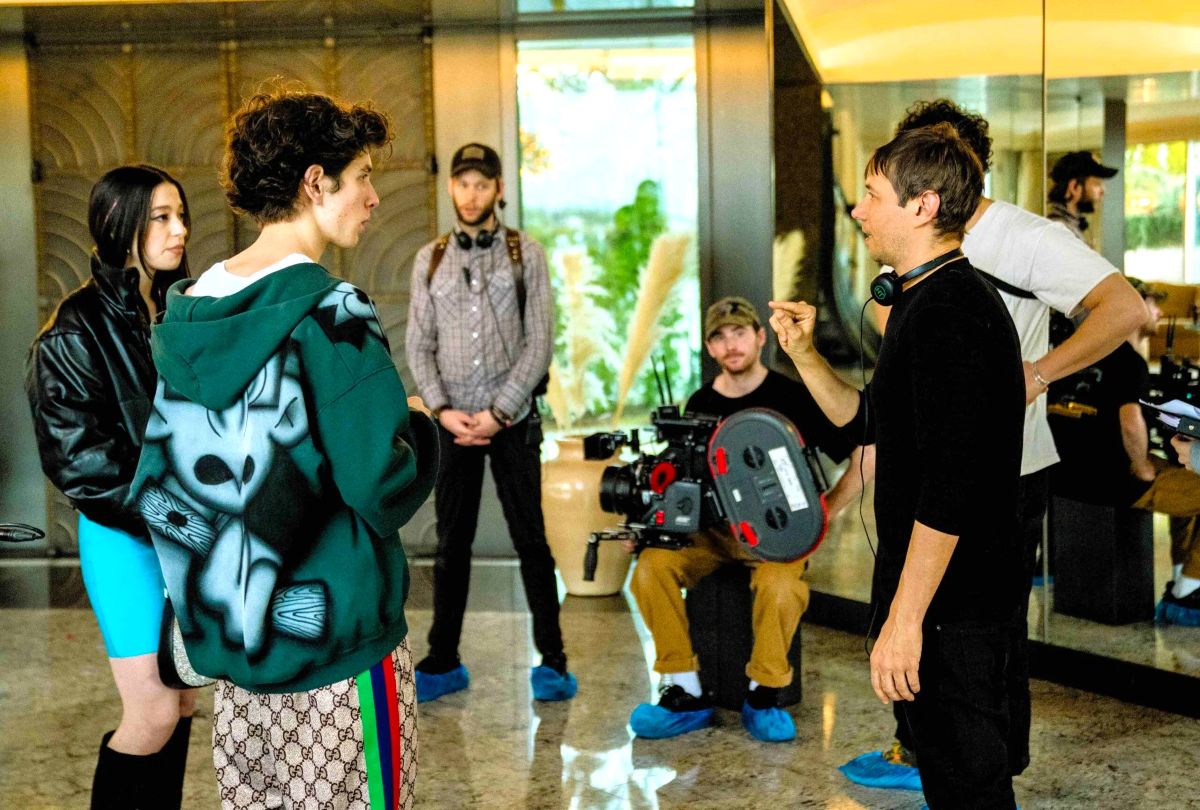
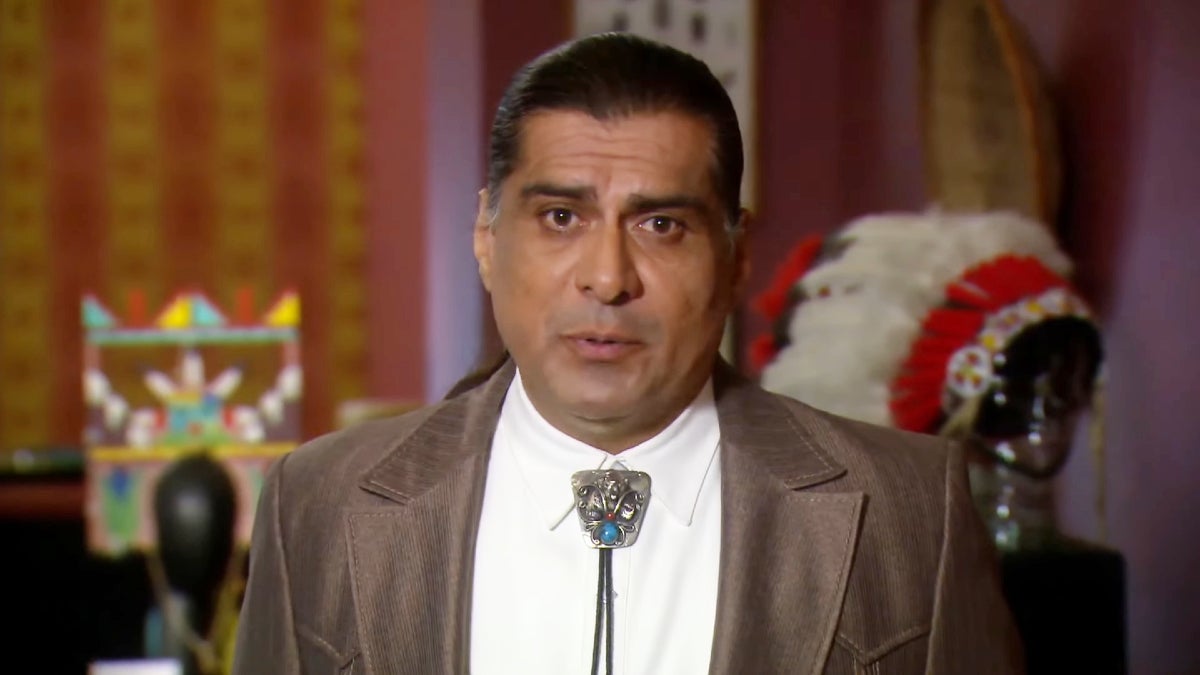
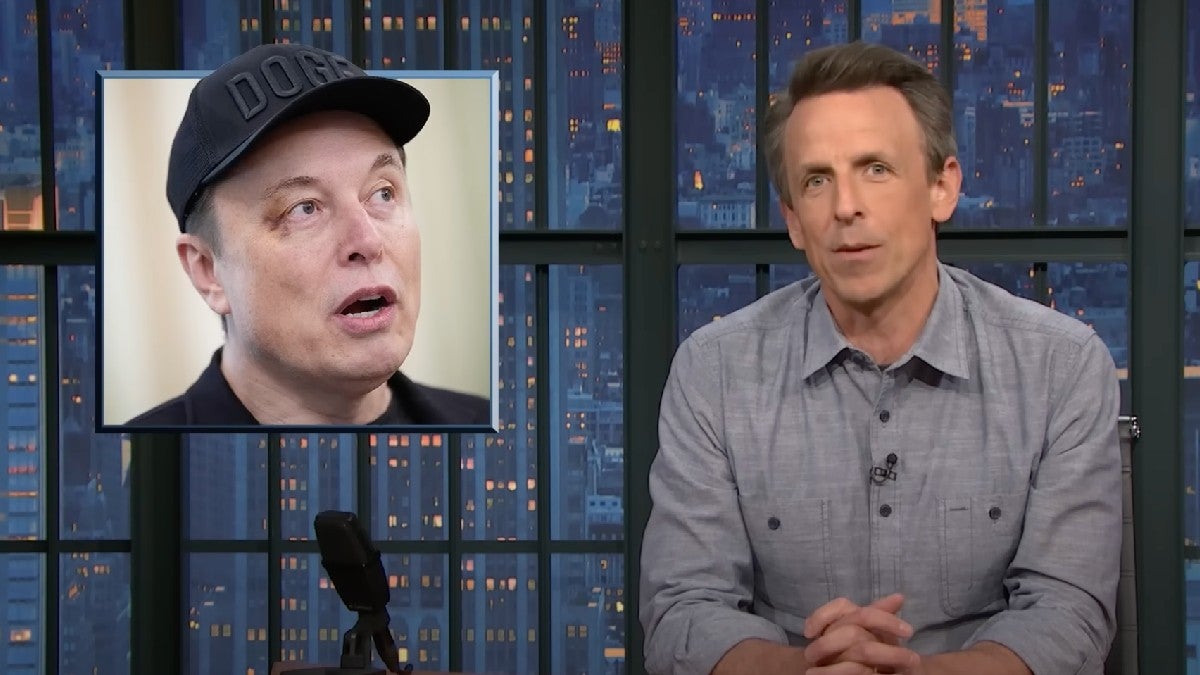


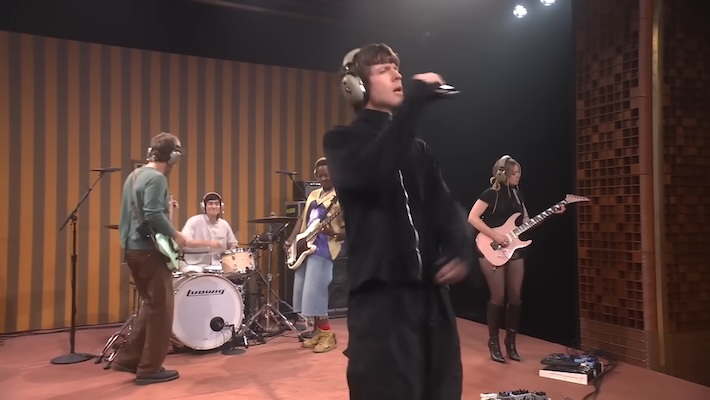




















![British Airways Reveals: New Business Class Club Suite “1.2” Is Coming [Roundup]](https://boardingarea.com/wp-content/uploads/2025/06/c9881d65b927b2162bf7e59fd23eb6ed-scaled.jpg?#)






































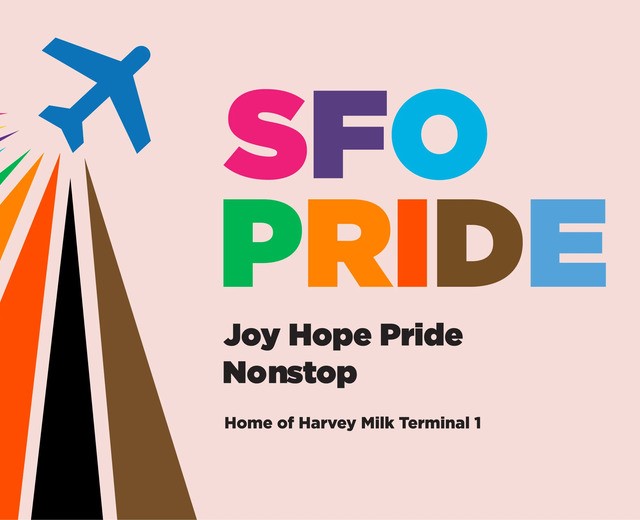







































![Delta’s Confidential Plans Leak: New ‘Delta One’ Business Class Lounges Set For Four Major Hubs, Including Atlanta Opening Date [Roundup]](https://viewfromthewing.com/wp-content/uploads/2025/06/delta-one-jfk-lounge.jpeg?#)
















